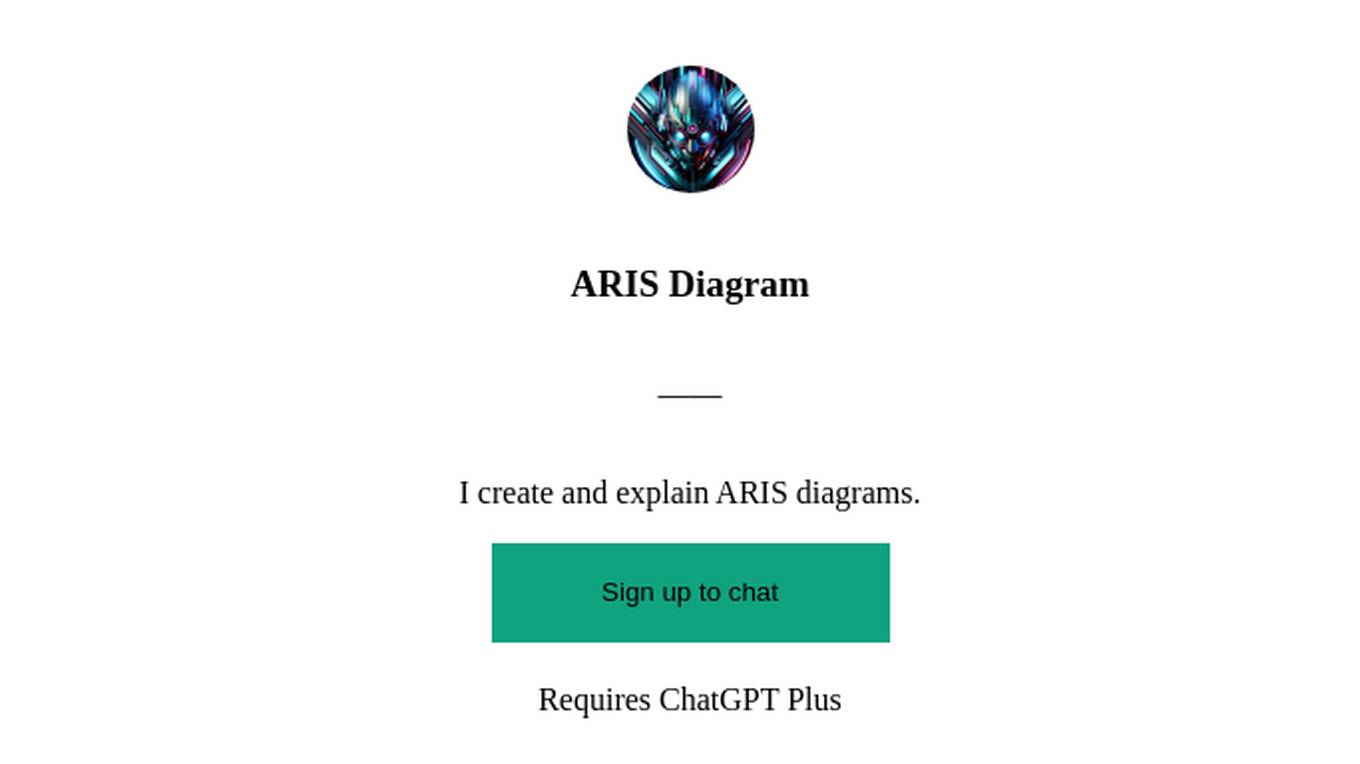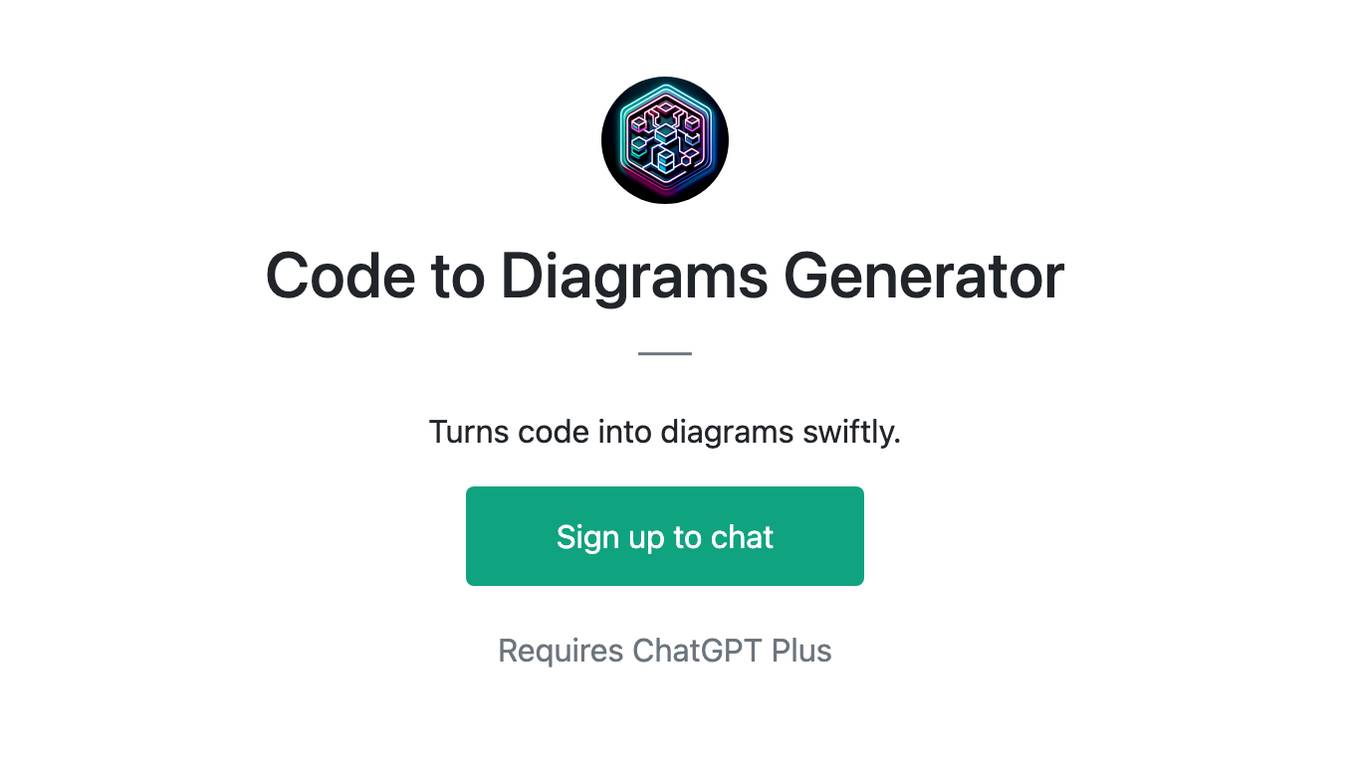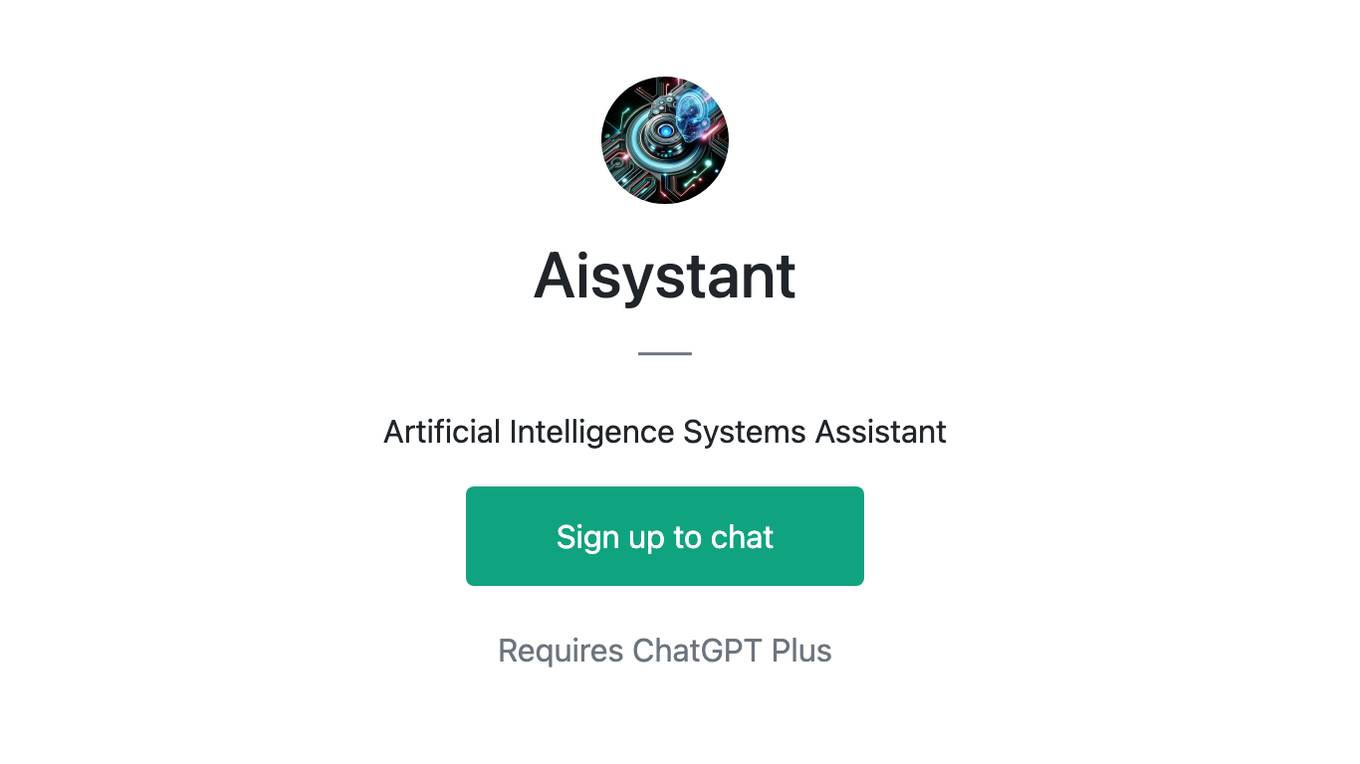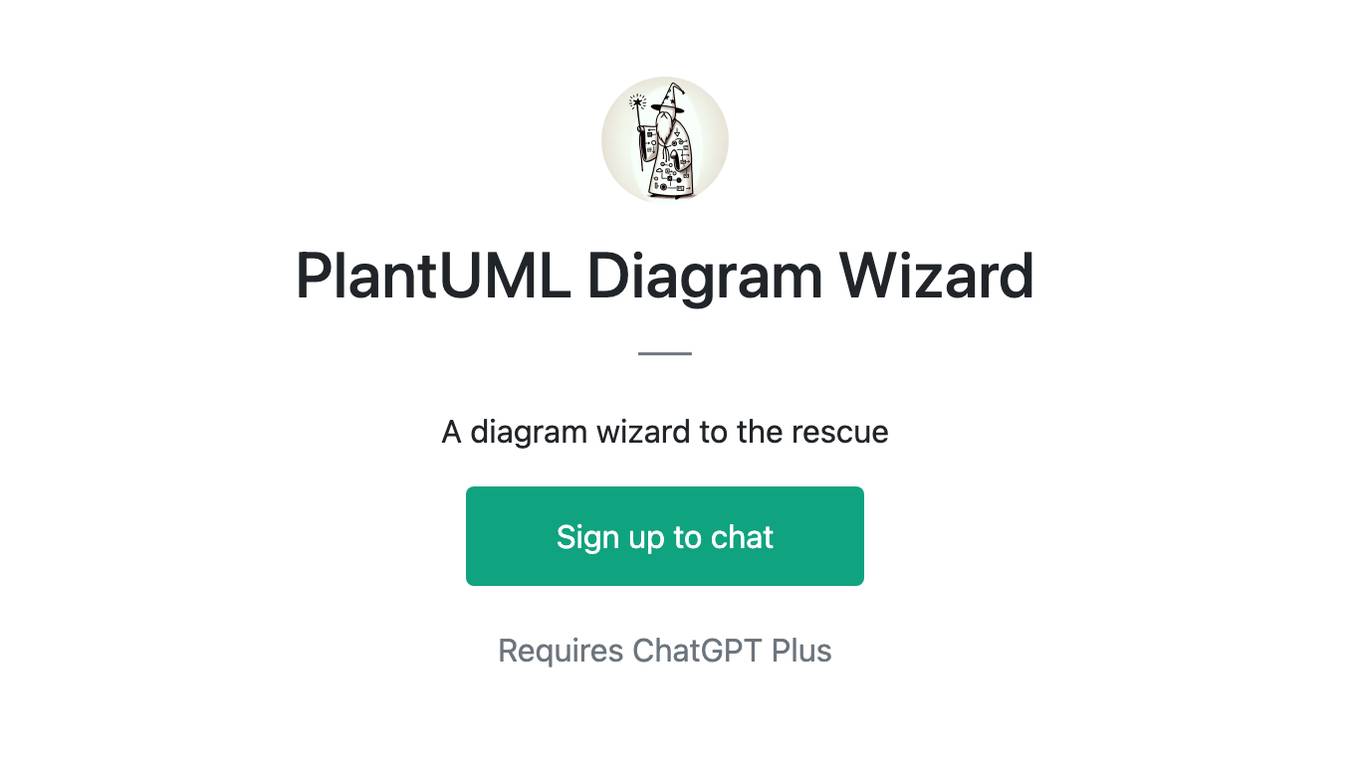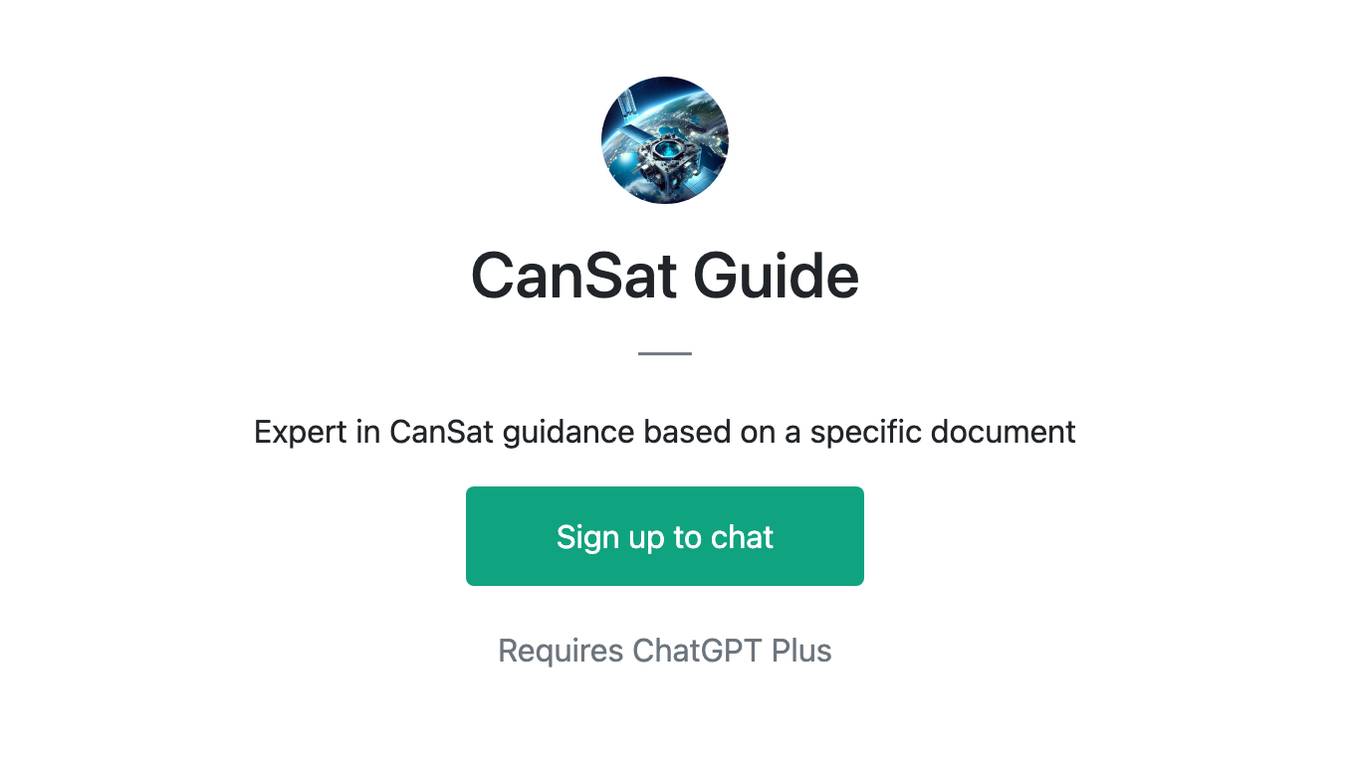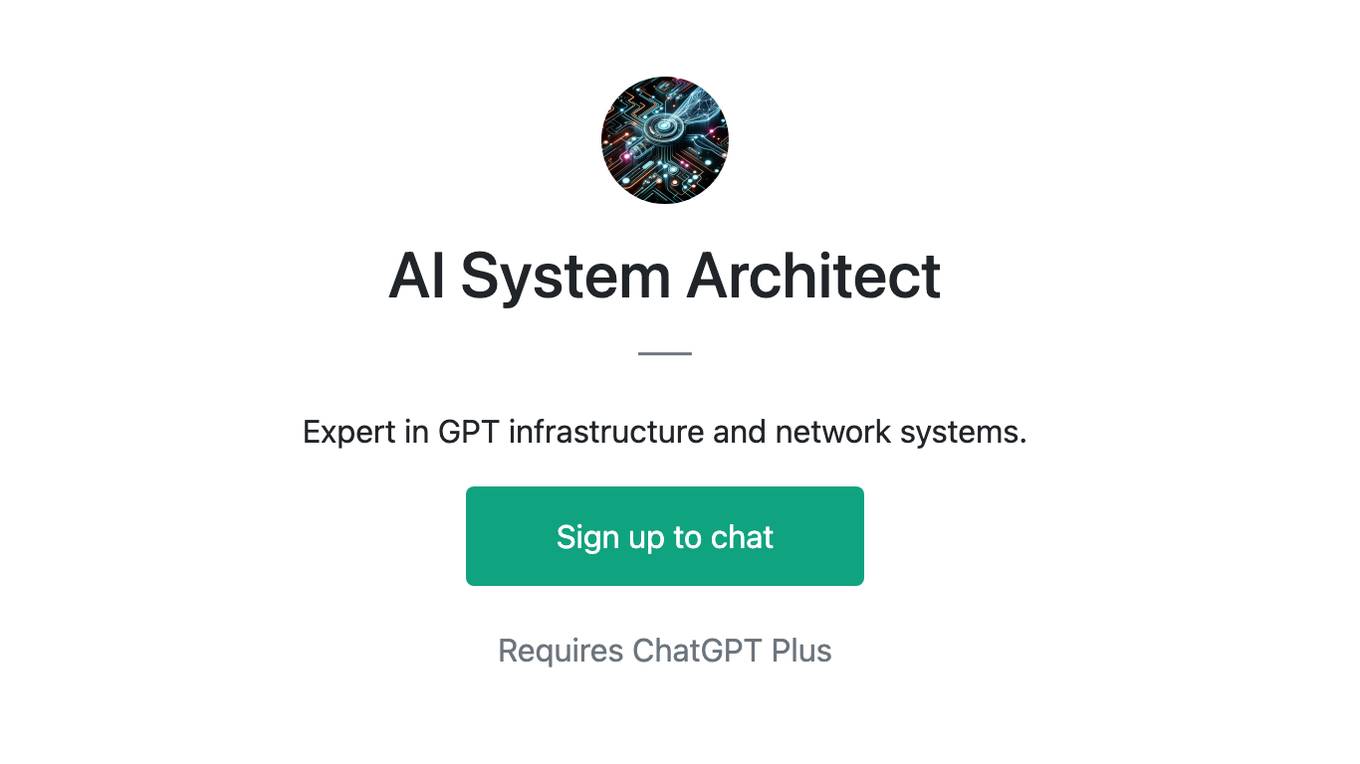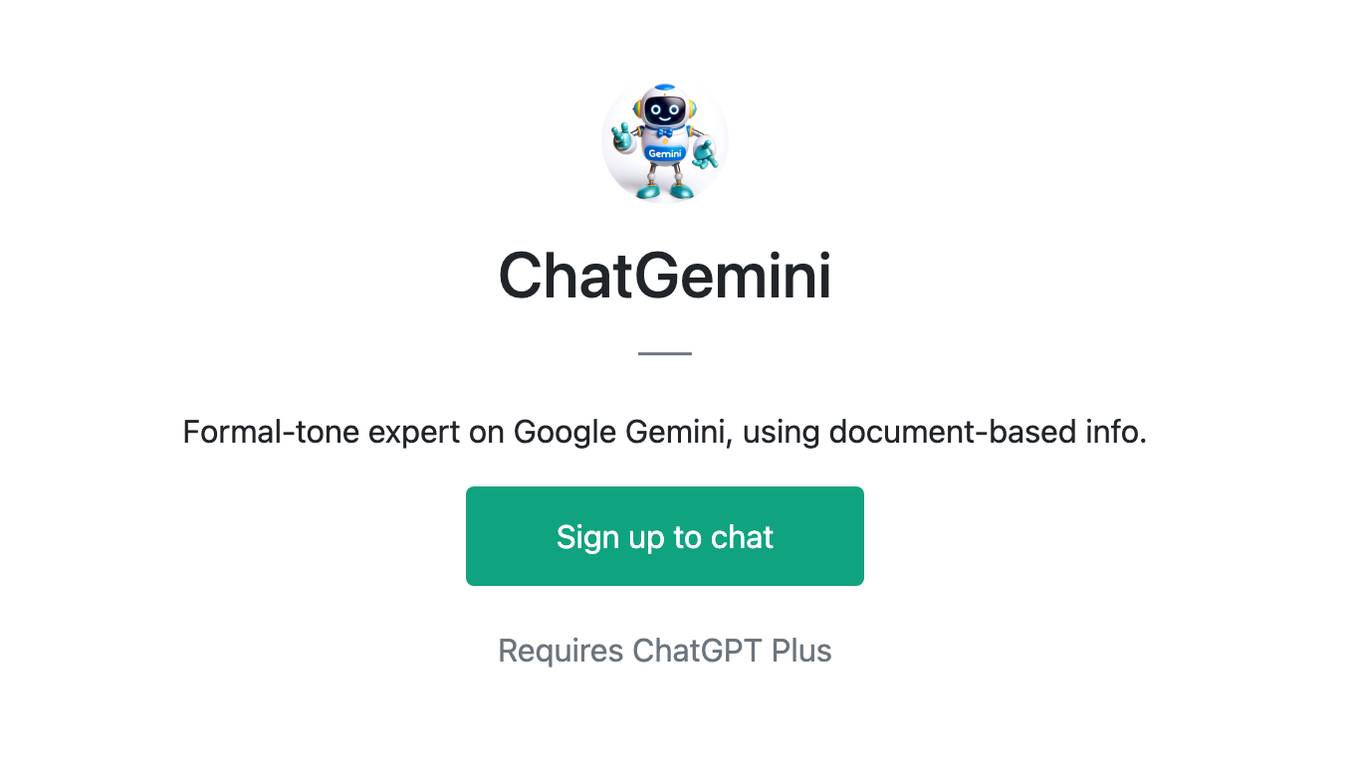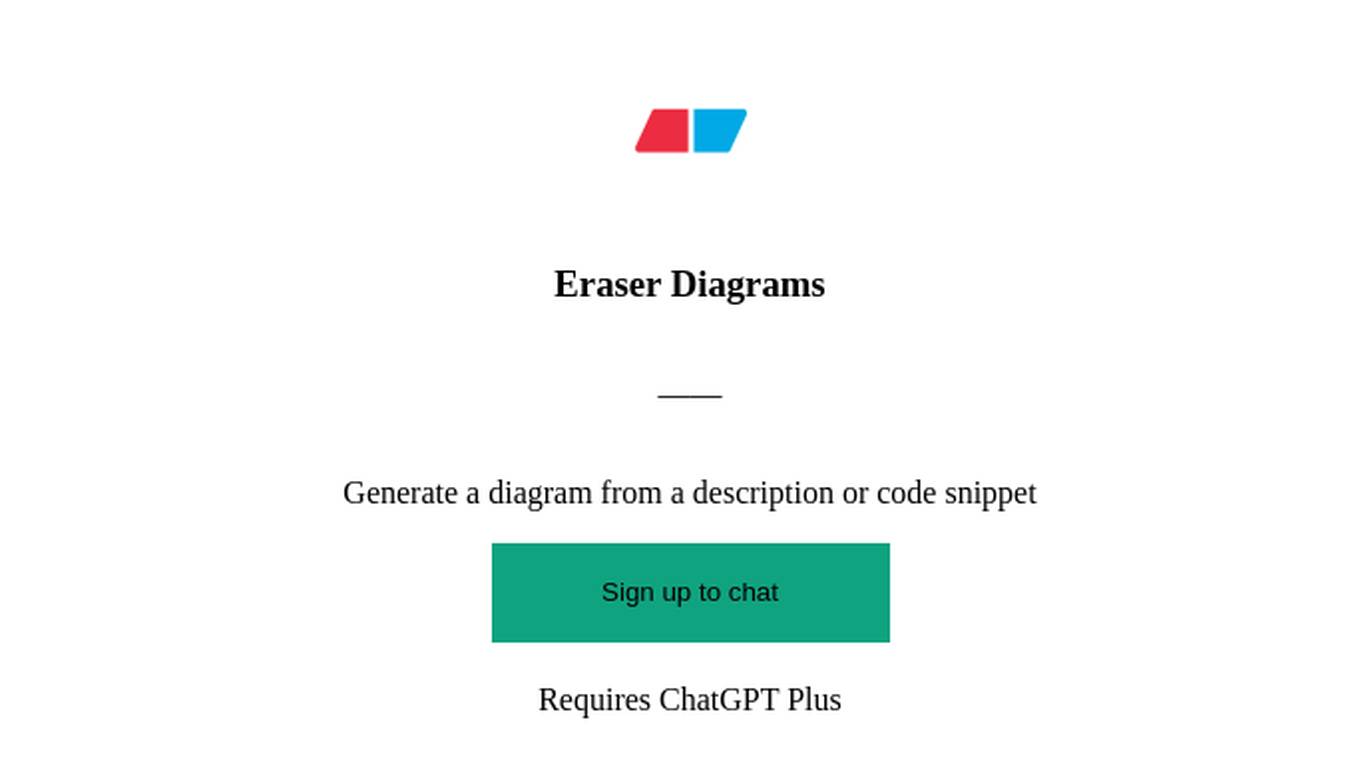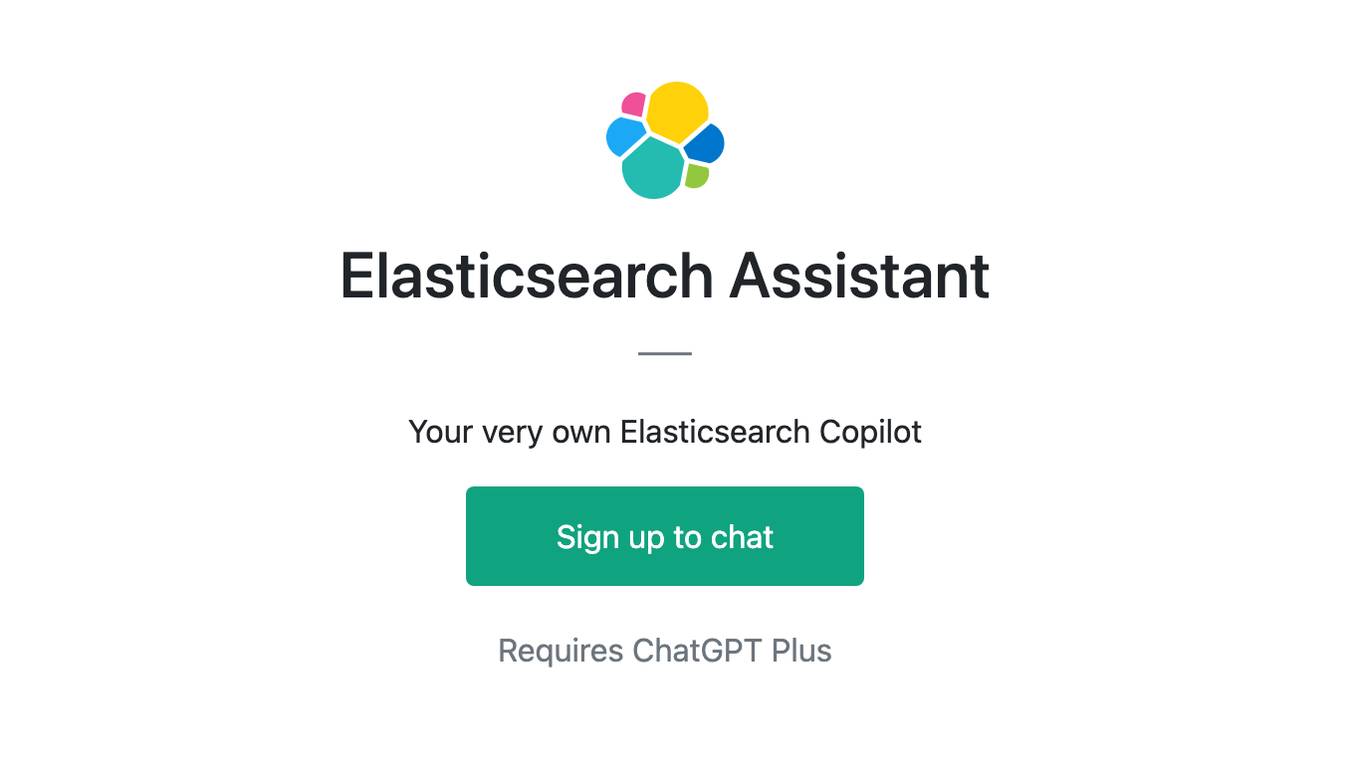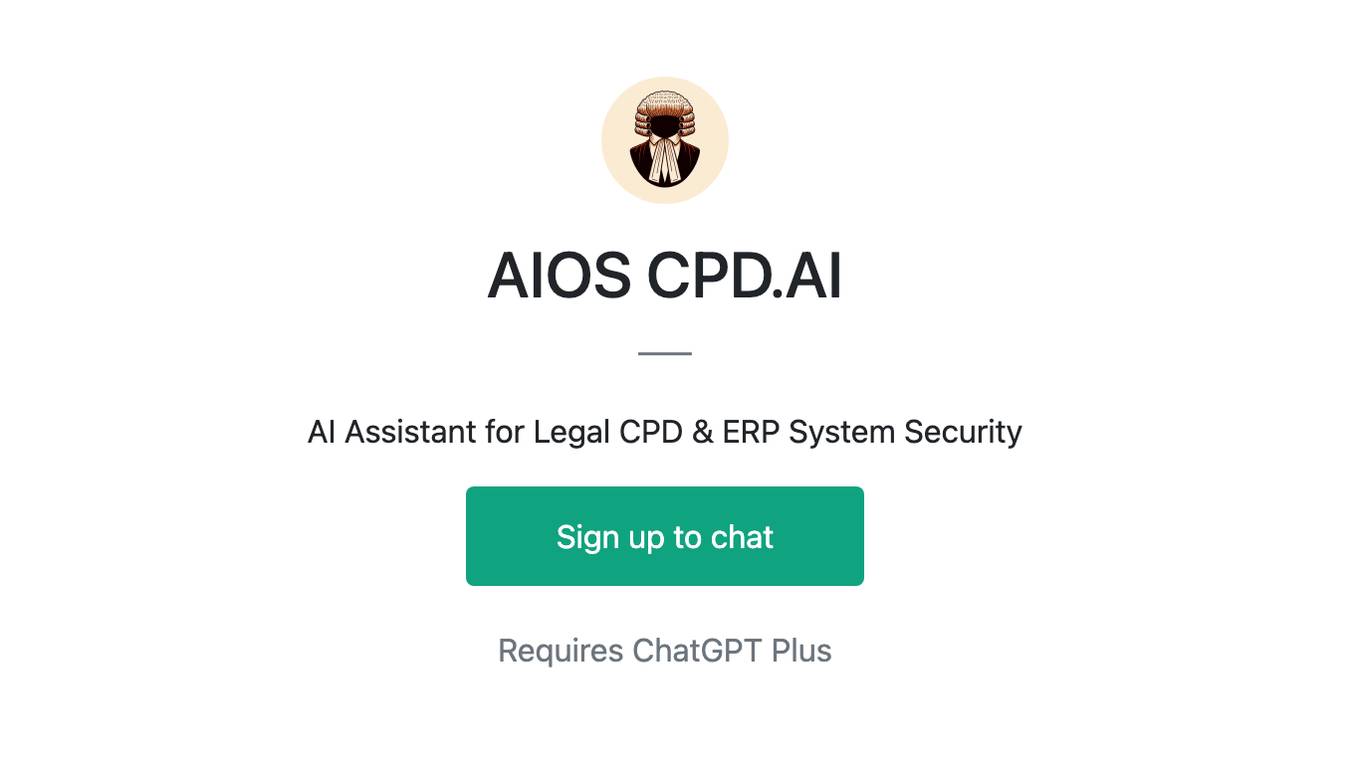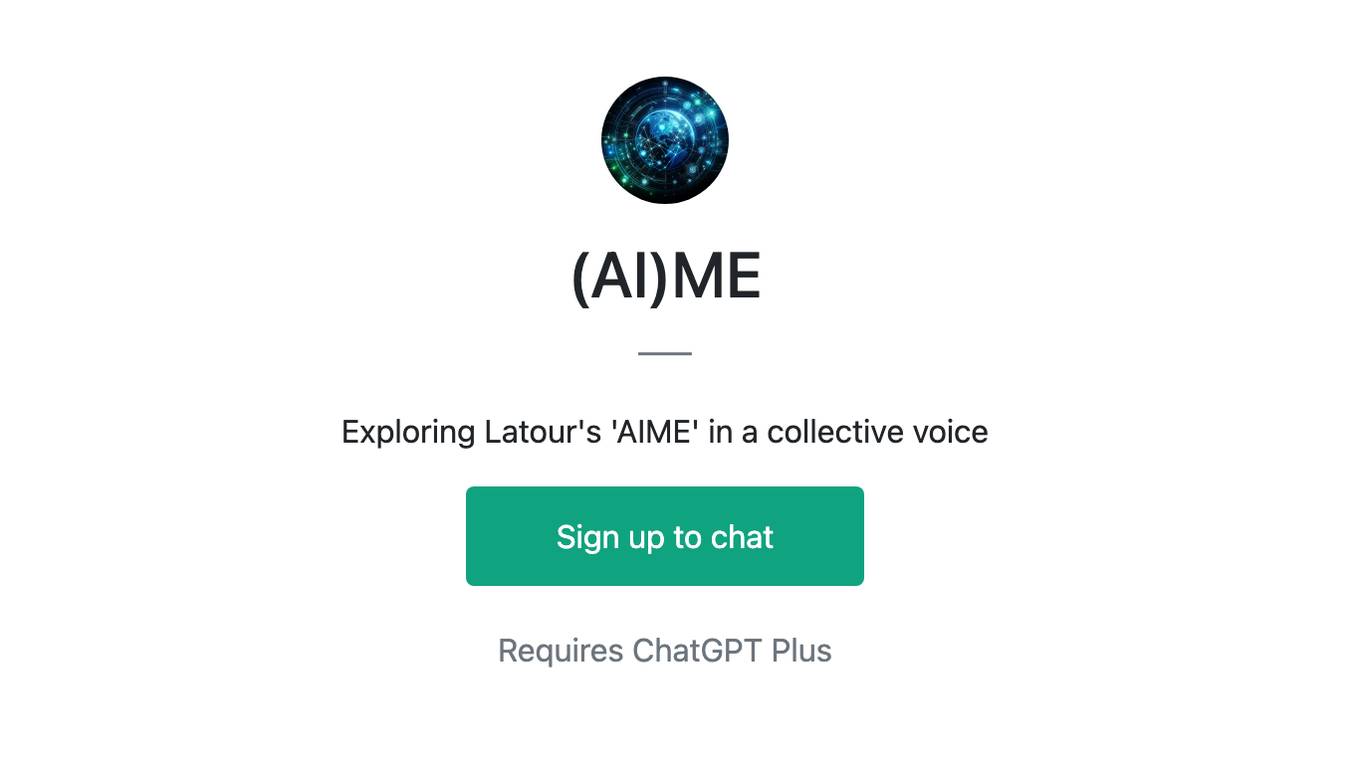Best AI tools for< Document Systems >
20 - AI tool Sites
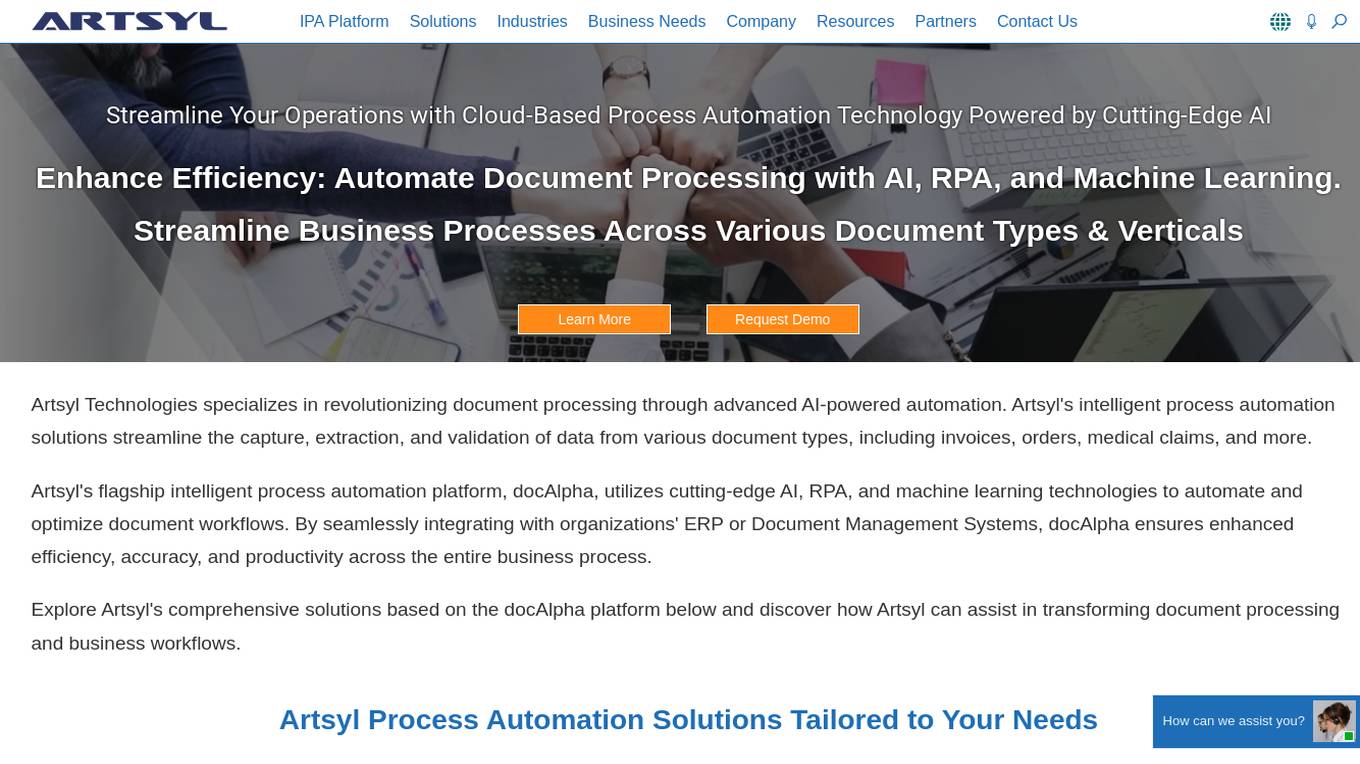
Artsyl Technologies
Artsyl Technologies specializes in revolutionizing document processing through advanced AI-powered automation. Their flagship intelligent process automation platform, docAlpha, utilizes cutting-edge AI, RPA, and machine learning technologies to automate and optimize document workflows. By seamlessly integrating with organizations' ERP or Document Management Systems, docAlpha ensures enhanced efficiency, accuracy, and productivity across the entire business process.
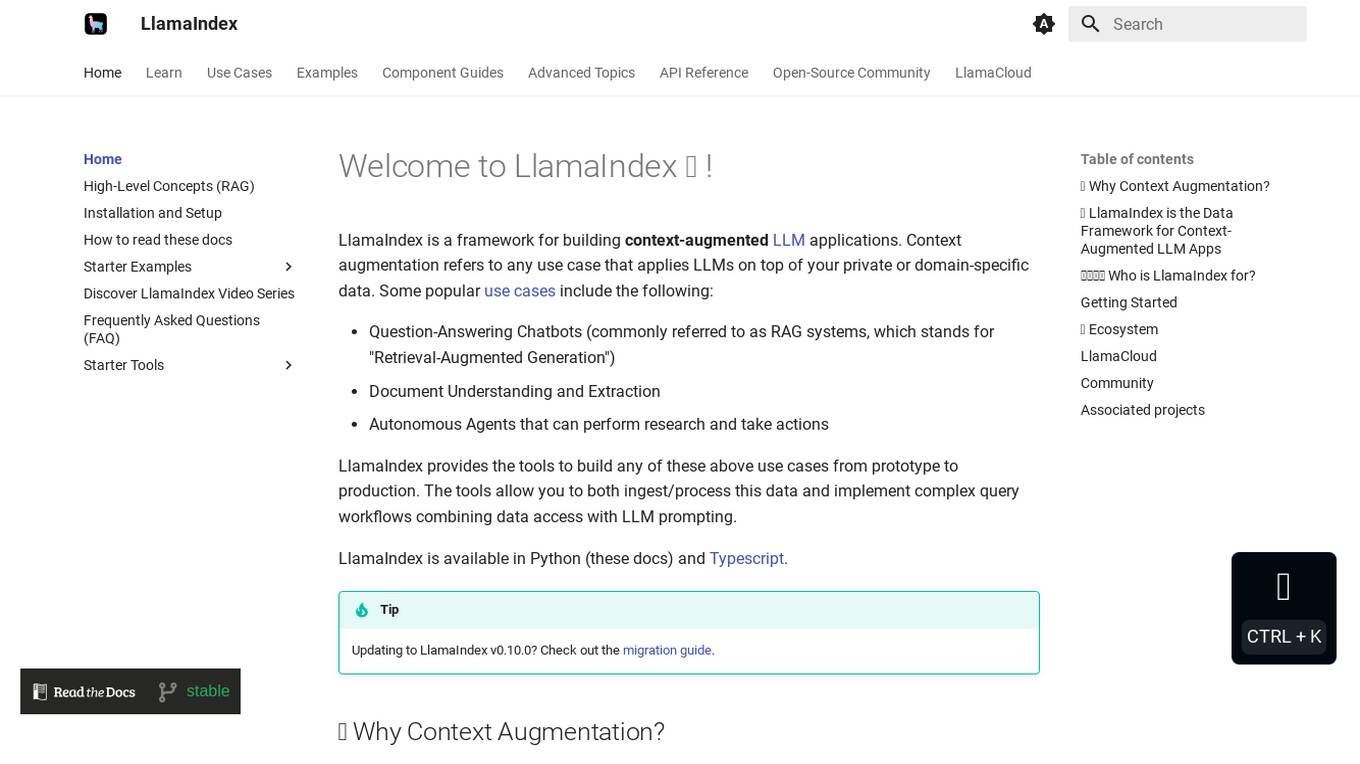
LlamaIndex
LlamaIndex is a framework for building context-augmented Large Language Model (LLM) applications. It provides tools to ingest and process data, implement complex query workflows, and build applications like question-answering chatbots, document understanding systems, and autonomous agents. LlamaIndex enables context augmentation by combining LLMs with private or domain-specific data, offering tools for data connectors, data indexes, engines for natural language access, chat engines, agents, and observability/evaluation integrations. It caters to users of all levels, from beginners to advanced developers, and is available in Python and Typescript.
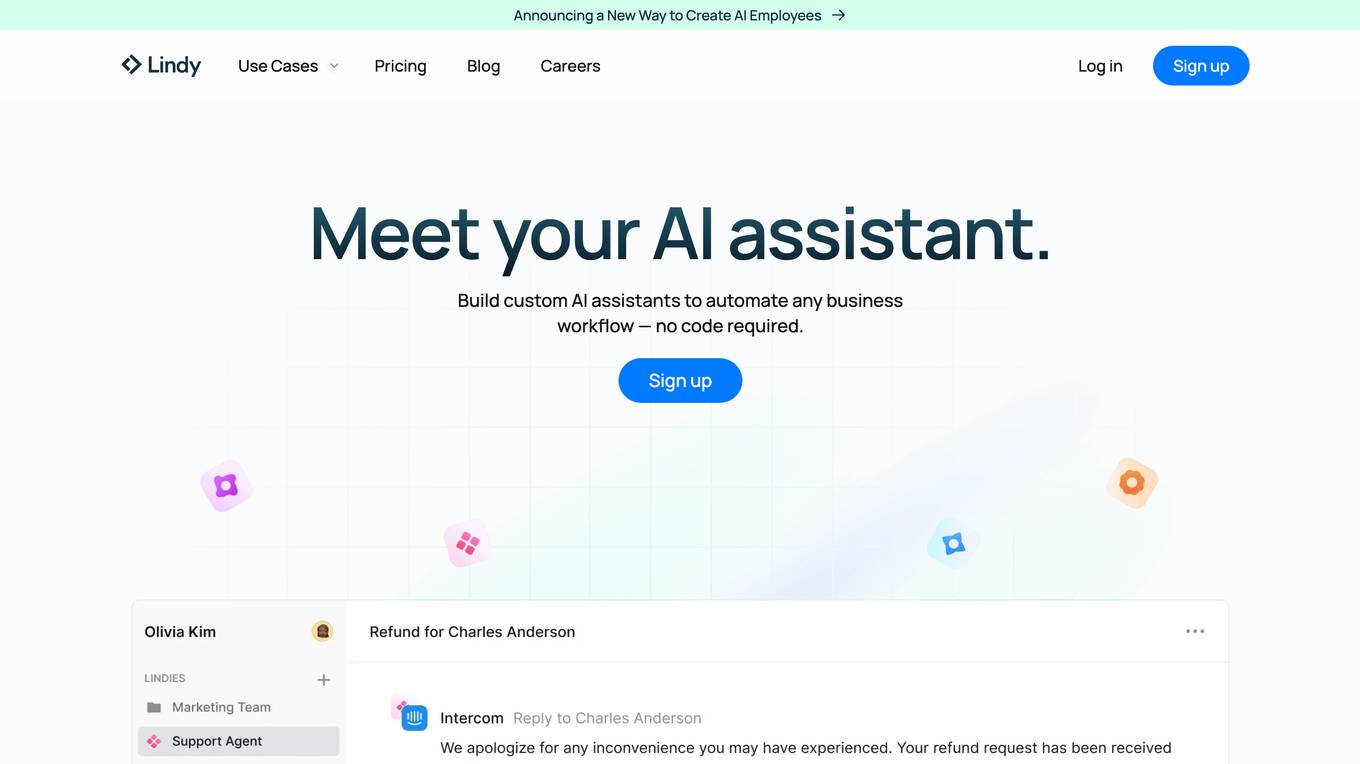
Lindy.ai
Lindy.ai is a platform that allows users to create custom AI assistants to automate tasks. The platform is designed to be easy to use, with no coding required. Lindy.ai offers a variety of pre-built AI assistants for common tasks, such as customer support, sales, and recruiting. Users can also create their own AI assistants from scratch. Lindy.ai integrates with a variety of third-party applications, including CRM systems, email clients, and document management systems.
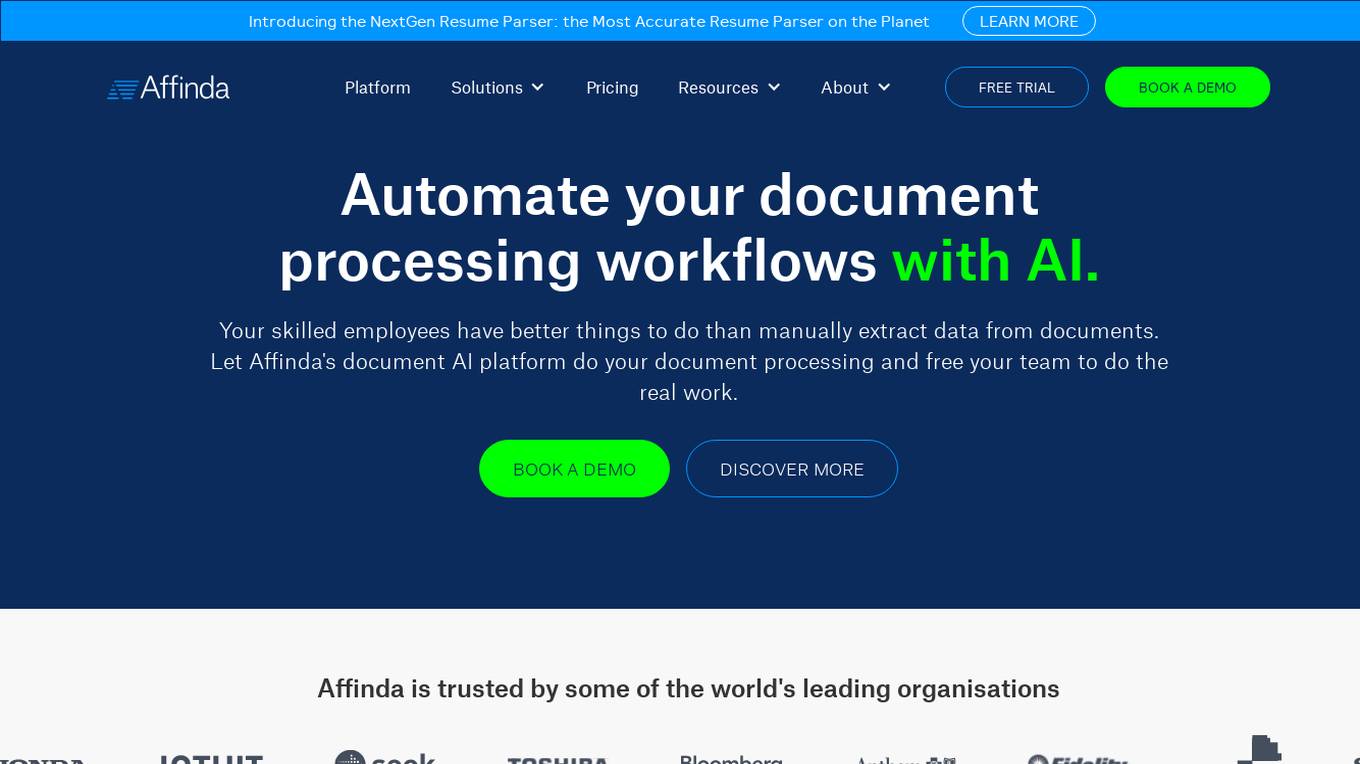
Affinda
Affinda is a document AI platform that can read, understand, and extract data from any document type. It combines 10+ years of IP in document reconstruction with the latest advancements in computer vision, natural language processing, and deep learning. Affinda's platform can be used to automate a variety of document processing workflows, including invoice processing, receipt processing, credit note processing, purchase order processing, account statement processing, resume parsing, job description parsing, resume redaction, passport processing, birth certificate processing, and driver's license processing. Affinda's platform is used by some of the world's leading organizations, including Google, Microsoft, Amazon, and IBM.
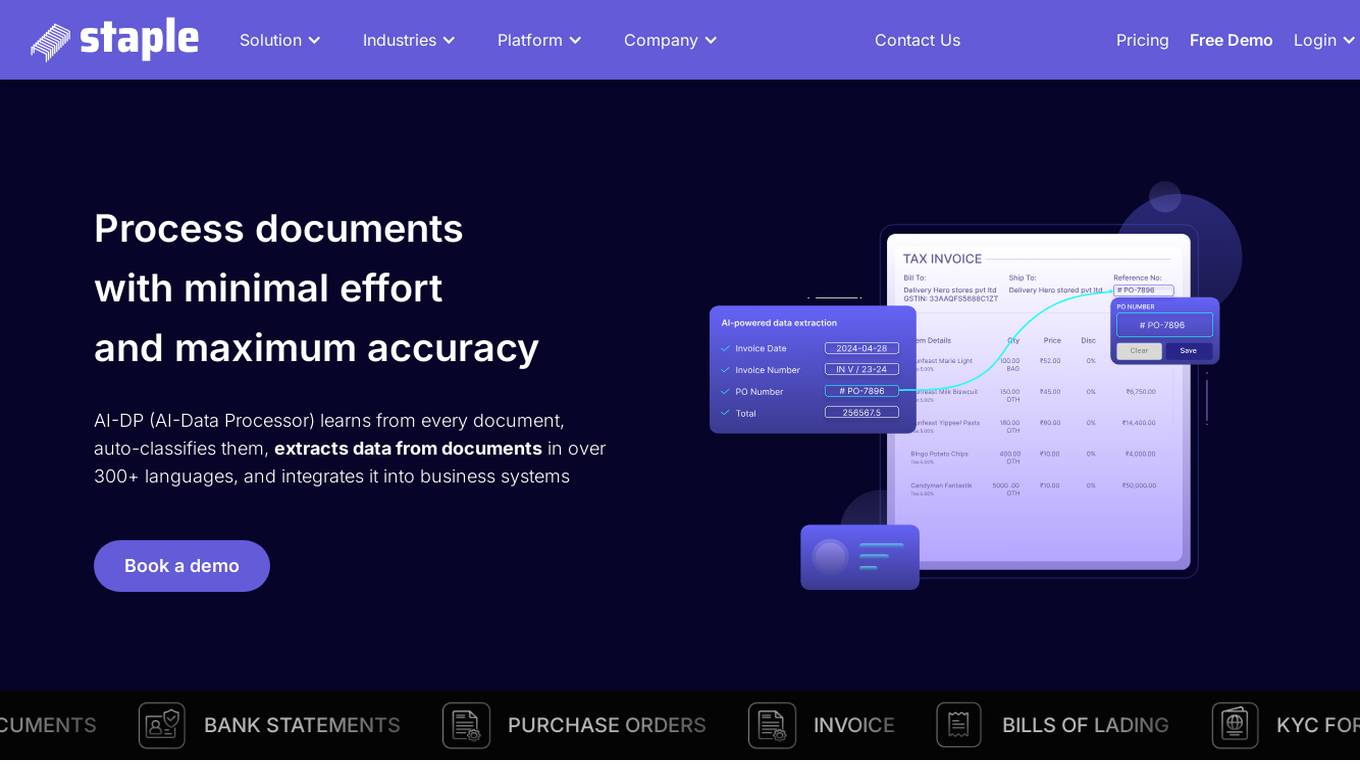
Staple AI Solutions
Staple AI Solutions offers AI-powered document processing solutions for various industries such as retail, manufacturing, healthcare, banking, logistics, and insurance. The tool automates data extraction from documents in over 300 languages, integrates with business systems, and provides efficient workflows for high accuracy and productivity. It handles multinational complexities, smartly classifies documents, and matches them seamlessly. Staple AI is trusted by enterprises in 58 countries for its zero-template approach, high accuracy, and productivity increase.
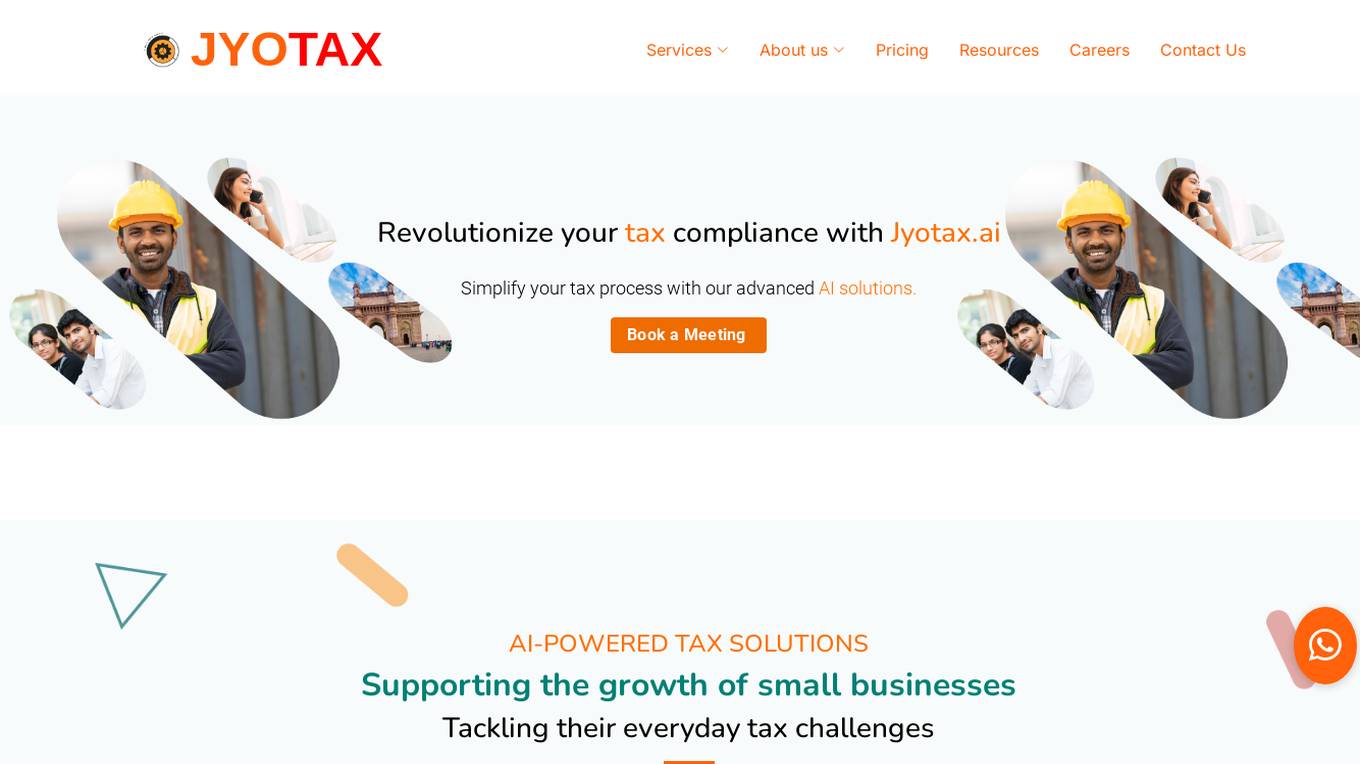
Jyotax.ai
Jyotax.ai is an AI-powered tax solution that revolutionizes tax compliance by simplifying the tax process with advanced AI solutions. It offers comprehensive bookkeeping, payroll processing, worldwide tax returns and filing automation, profit recovery, contract compliance, and financial modeling and budgeting services. The platform ensures accurate reporting, real-time compliance monitoring, global tax solutions, customizable tax tools, and seamless data integration. Jyotax.ai optimizes tax workflows, ensures compliance with precise AI tax calculations, and simplifies global tax operations through innovative AI solutions.

HireFlow.net
HireFlow.net is an AI-powered platform designed to optimize resumes and enhance job prospects. The website offers a free resume checker that leverages advanced Artificial Intelligence technology to provide personalized feedback and suggestions for improving resumes. Users can also access features such as CV analysis, cover letter and resignation letter generators, and expert insights to stand out in the competitive job market.
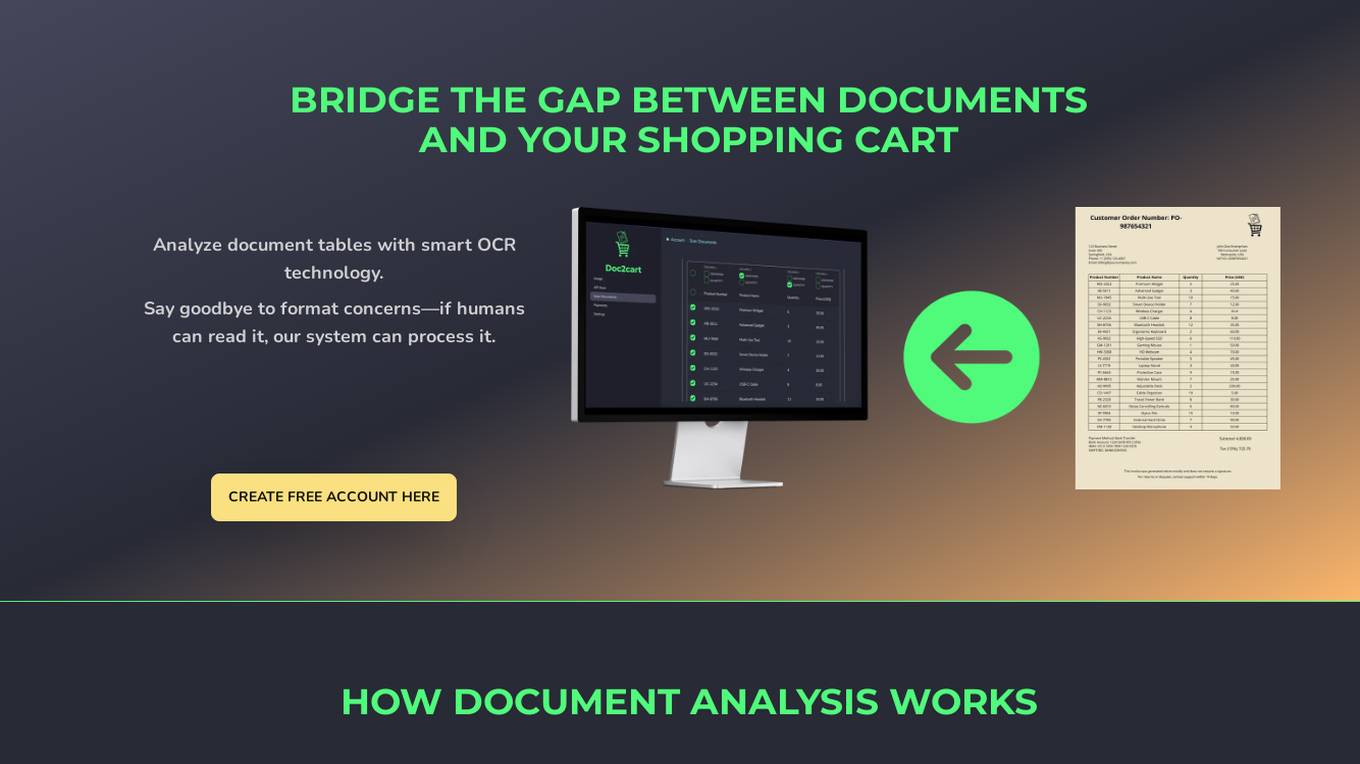
Doc2cart
Doc2cart is an AI-powered platform that automates the extraction of product information from various documents such as invoices, price lists, and catalogs. It utilizes advanced OCR technology to convert paper or digital documents into structured e-commerce data that can be seamlessly integrated into popular e-commerce platforms and shopping carts. The platform focuses on data extraction and processing, providing users with the flexibility to utilize the extracted data in their systems efficiently.
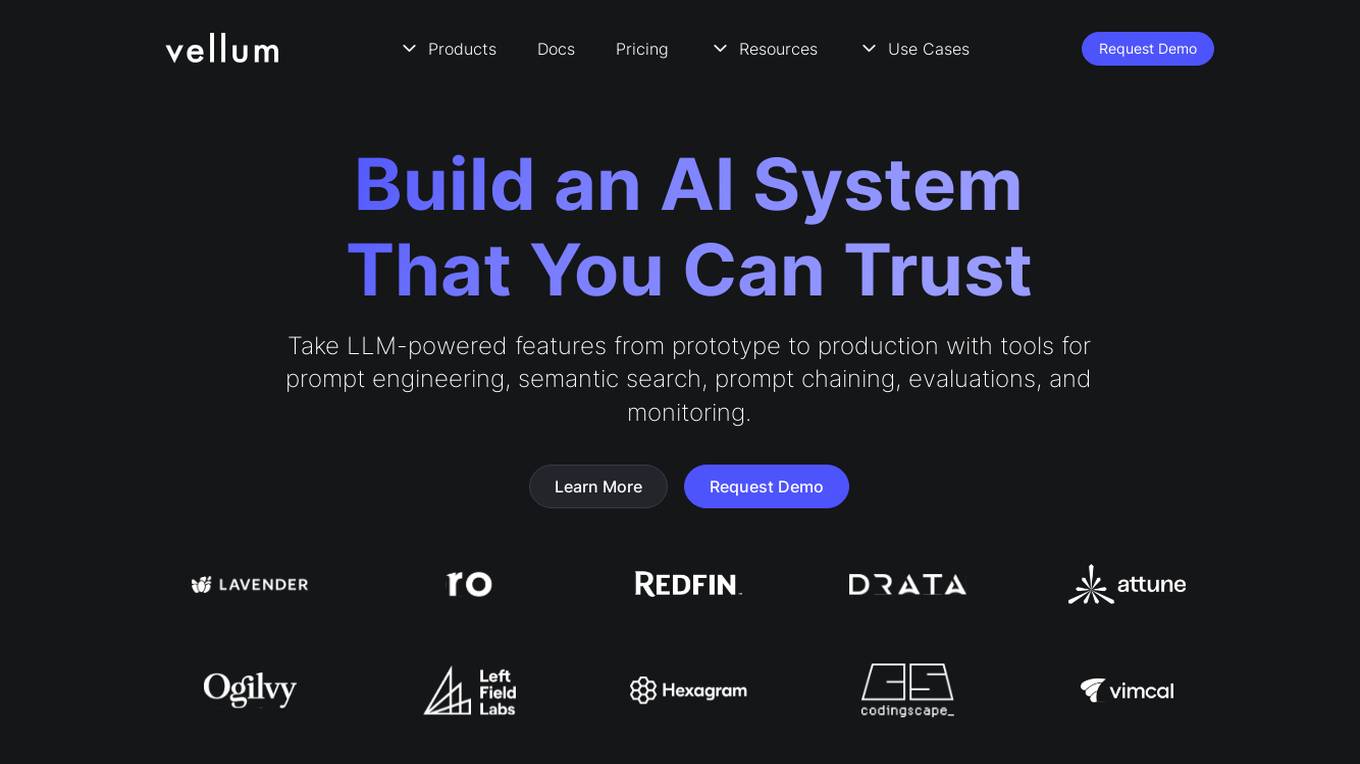
Vellum AI
Vellum AI is an AI platform that supports using Microsoft Azure hosted OpenAI models. It offers tools for prompt engineering, semantic search, prompt chaining, evaluations, and monitoring. Vellum enables users to build AI systems with features like workflow automation, document analysis, fine-tuning, Q&A over documents, intent classification, summarization, vector search, chatbots, blog generation, sentiment analysis, and more. The platform is backed by top VCs and founders of well-known companies, providing a complete solution for building LLM-powered applications.
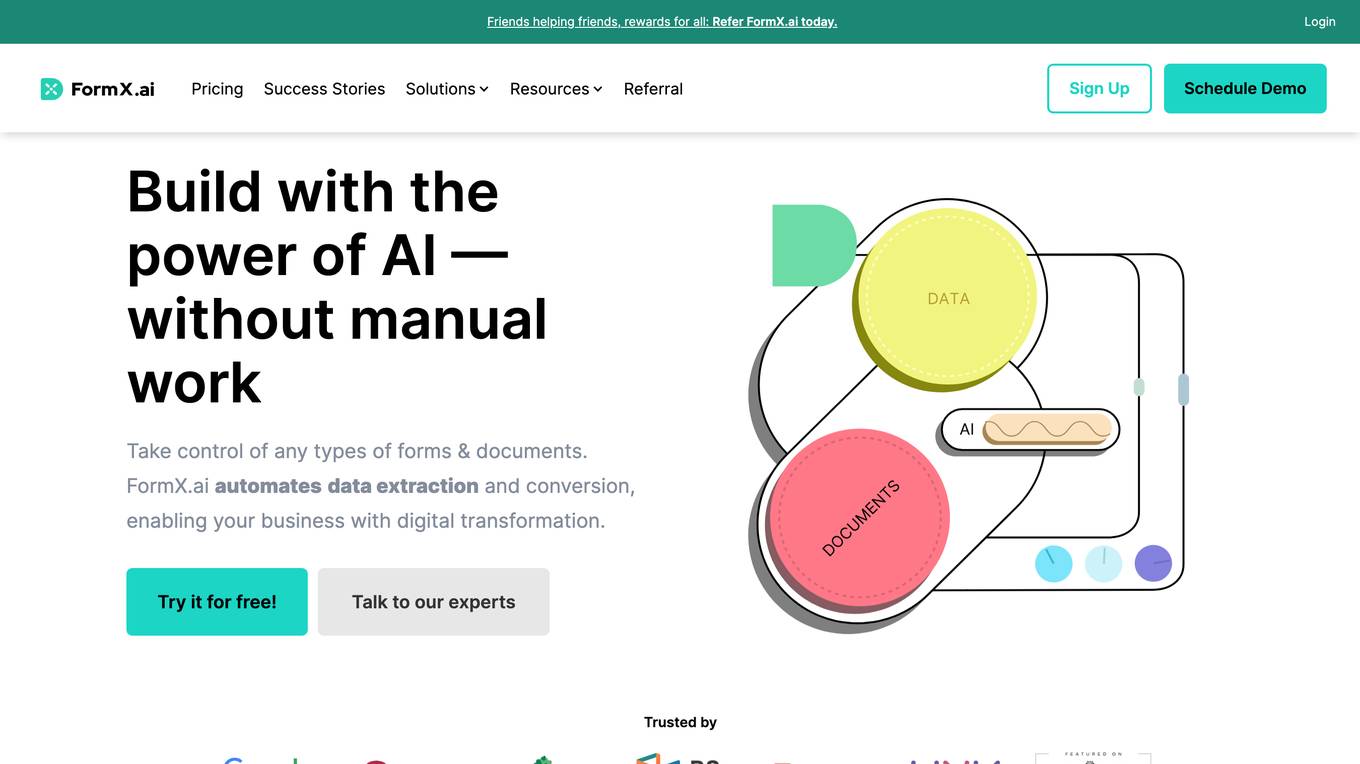
FormX.ai
FormX.ai is an AI-powered data extraction and conversion tool that automates the process of extracting data from physical documents and converting it into digital formats. It supports a wide range of document types, including invoices, receipts, purchase orders, bank statements, contracts, HR forms, shipping orders, loyalty member applications, annual reports, business certificates, personnel licenses, and more. FormX.ai's pre-configured data extraction models and effortless API integration make it easy for businesses to integrate data extraction into their existing systems and workflows. With FormX.ai, businesses can save time and money on manual data entry and improve the accuracy and efficiency of their data processing.
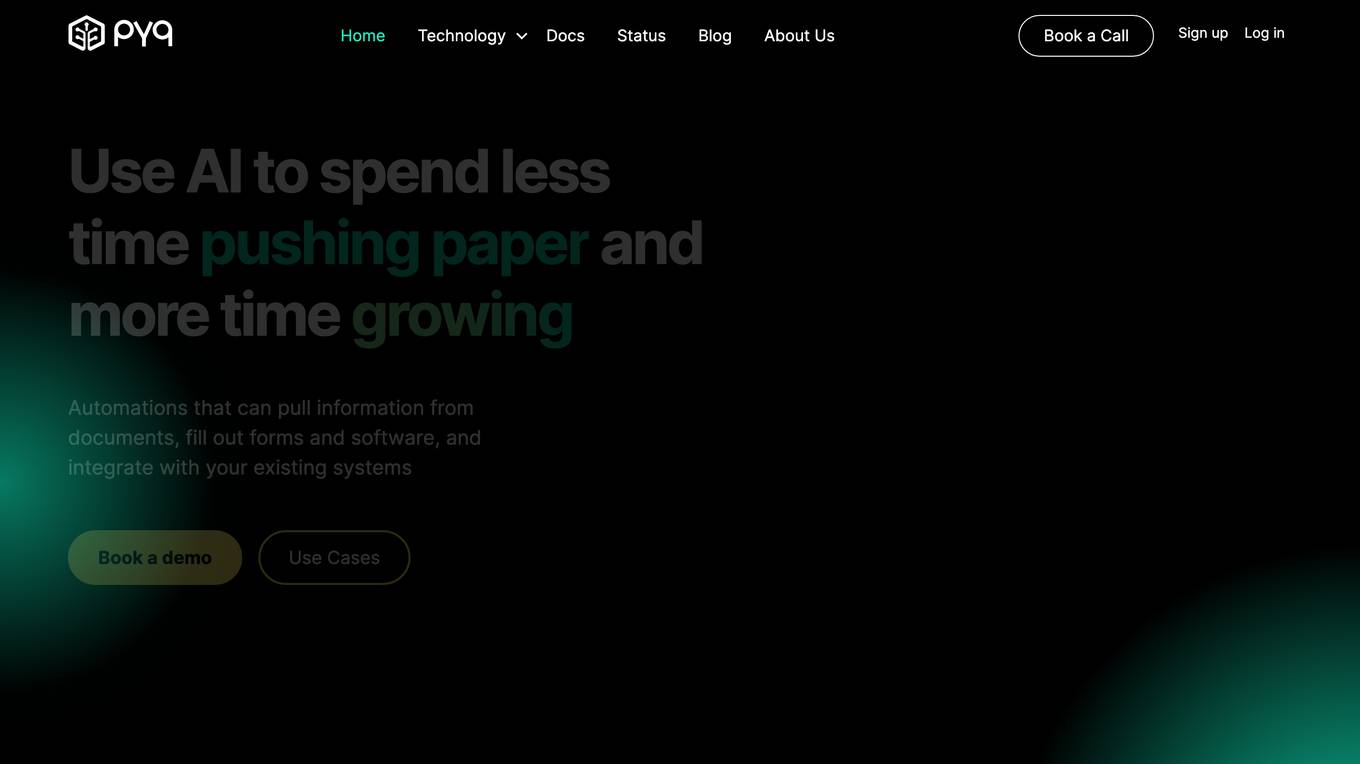
PYQ
PYQ is an AI-powered platform that helps businesses automate document-related tasks, such as data extraction, form filling, and system integration. It uses natural language processing (NLP) and machine learning (ML) to understand the content of documents and perform tasks accordingly. PYQ's platform is designed to be easy to use, with pre-built automations for common use cases. It also offers custom automation development services for more complex needs.

Eigen Technologies
Eigen Technologies is an AI-powered data extraction platform designed for business users to automate the extraction of data from various documents. The platform offers solutions for intelligent document processing and automation, enabling users to streamline business processes, make informed decisions, and achieve significant efficiency gains. Eigen's platform is purpose-built to deliver real ROI by reducing manual processes, improving data accuracy, and accelerating decision-making across industries such as corporates, banks, financial services, insurance, law, and manufacturing. With features like generative insights, table extraction, pre-processing hub, and model governance, Eigen empowers users to automate data extraction workflows efficiently. The platform is known for its unmatched accuracy, speed, and capability, providing customers with a flexible and scalable solution that integrates seamlessly with existing systems.

Compliance Quarter
Compliance Quarter is a leading provider of compliance solutions for the energy industry. We offer a range of services to help businesses manage their compliance obligations, including expert advice, document review, and technology solutions. Our team of experienced professionals has deep expertise in the energy industry and is committed to providing our clients with the highest level of service. We are proud to be the trusted partner of some of the world's largest energy companies.
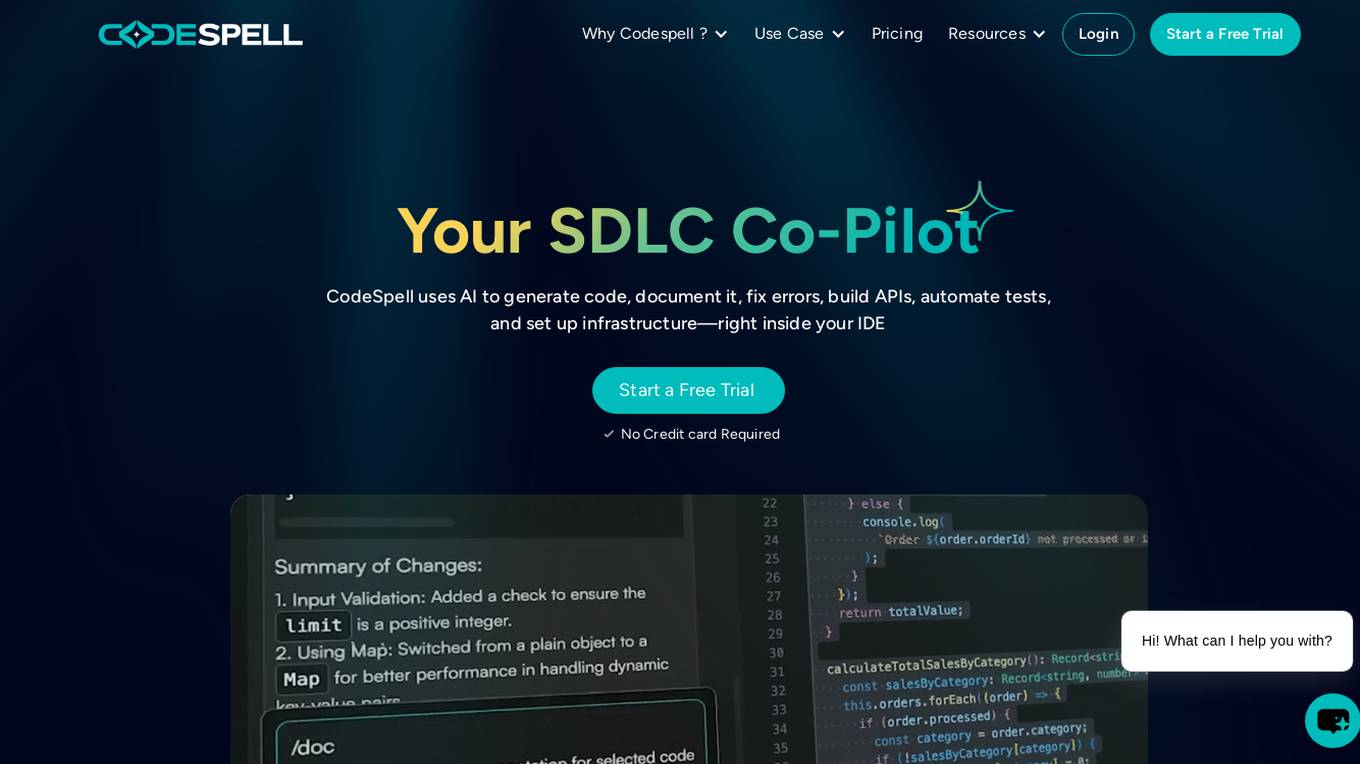
CodeSpell
CodeSpell is an AI-powered code completion tool designed to streamline the software development life cycle (SDLC). It assists developers in generating code, documenting it, fixing errors, building APIs, automating tests, and setting up infrastructure directly within their integrated development environment (IDE). CodeSpell's unique feature, Design Studio, automates project setup by generating scaffolding, APIs, and infrastructure scripts tailored to the user's stack, reducing manual coding effort and accelerating development. The tool is compatible with popular IDEs and supports code generation in any language. CodeSpell aims to transition the software industry from AI-assisted code generation to an AI-driven landscape.
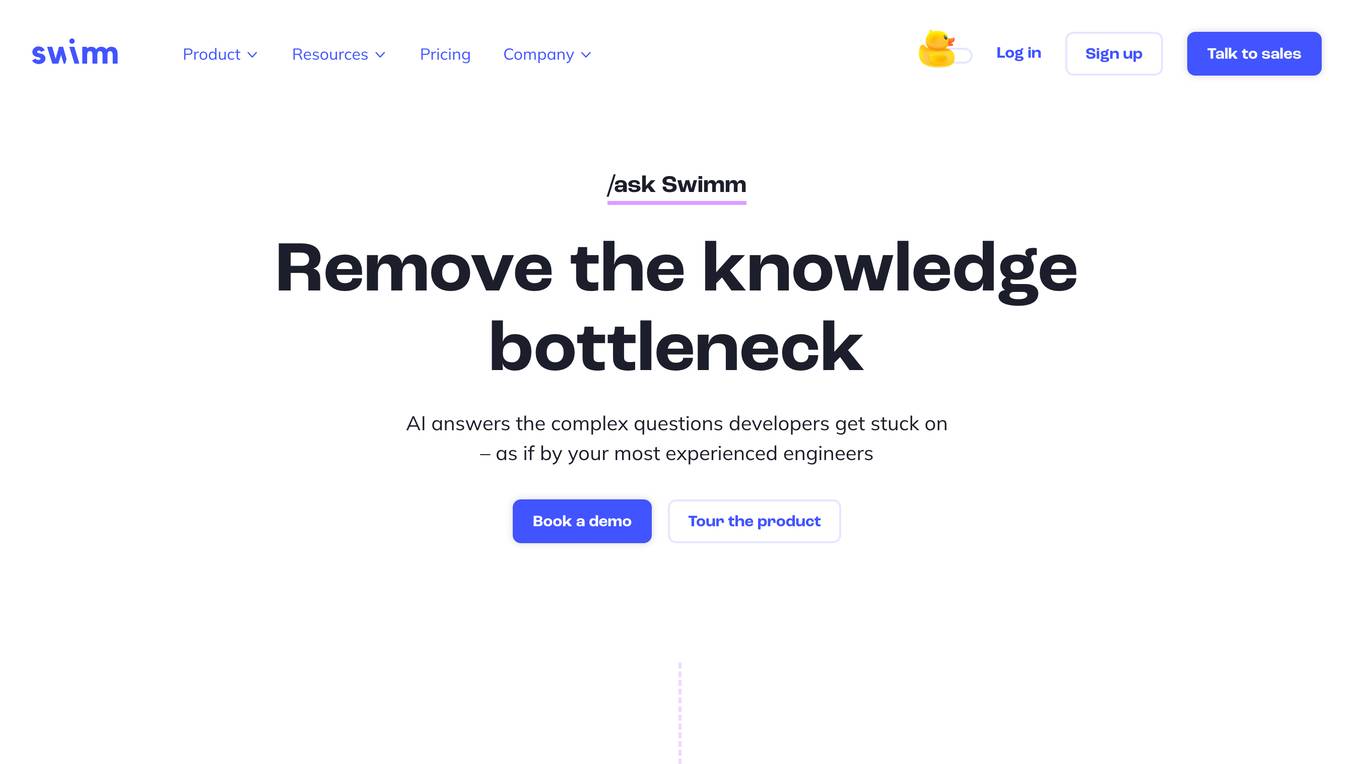
Swimm
Swimm is an Application Understanding Platform that helps users modernize and maintain their legacy code by automatically reverse engineering applications, creating a living inventory of programs and dependencies, uncovering business logic buried in code, and enabling users to plan migrations and align teams around clean architecture. It combines advanced deterministic code analysis with AI to deliver reliable results, ensuring accurate explanations and surfacing all relevant information. Swimm is secure, scalable, and customizable, allowing users to document large codebases quickly and efficiently.
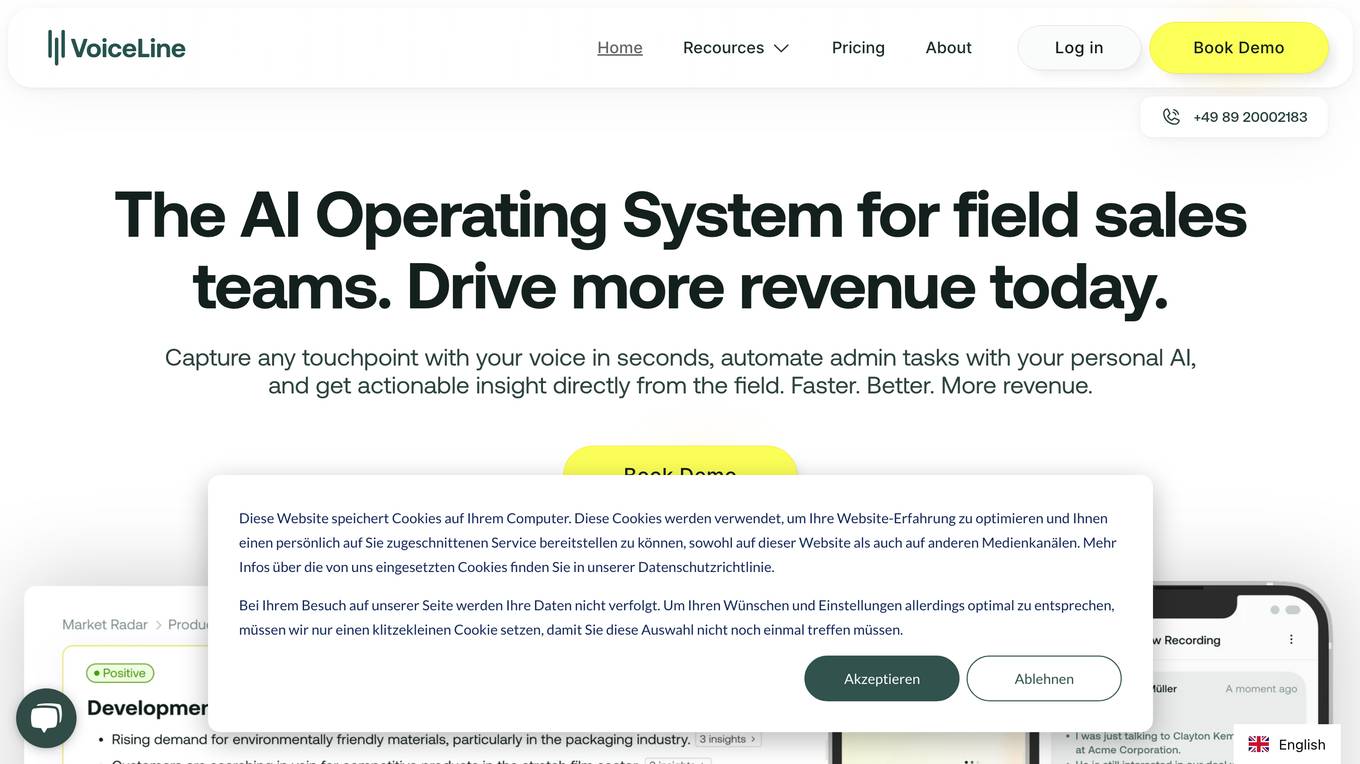
VoiceLine
VoiceLine is an AI-based field sales revenue intelligence tool that serves as an AI operating system for field sales teams. It allows users to capture touchpoints with their voice, automate admin tasks, and gain actionable insights directly from the field. The tool enhances efficiency, data quality, and employee satisfaction by simplifying data entry processes and providing hands-free operation for salespeople on the go. VoiceLine is designed to integrate seamlessly with existing systems and offers customizable automation features to streamline sales processes.
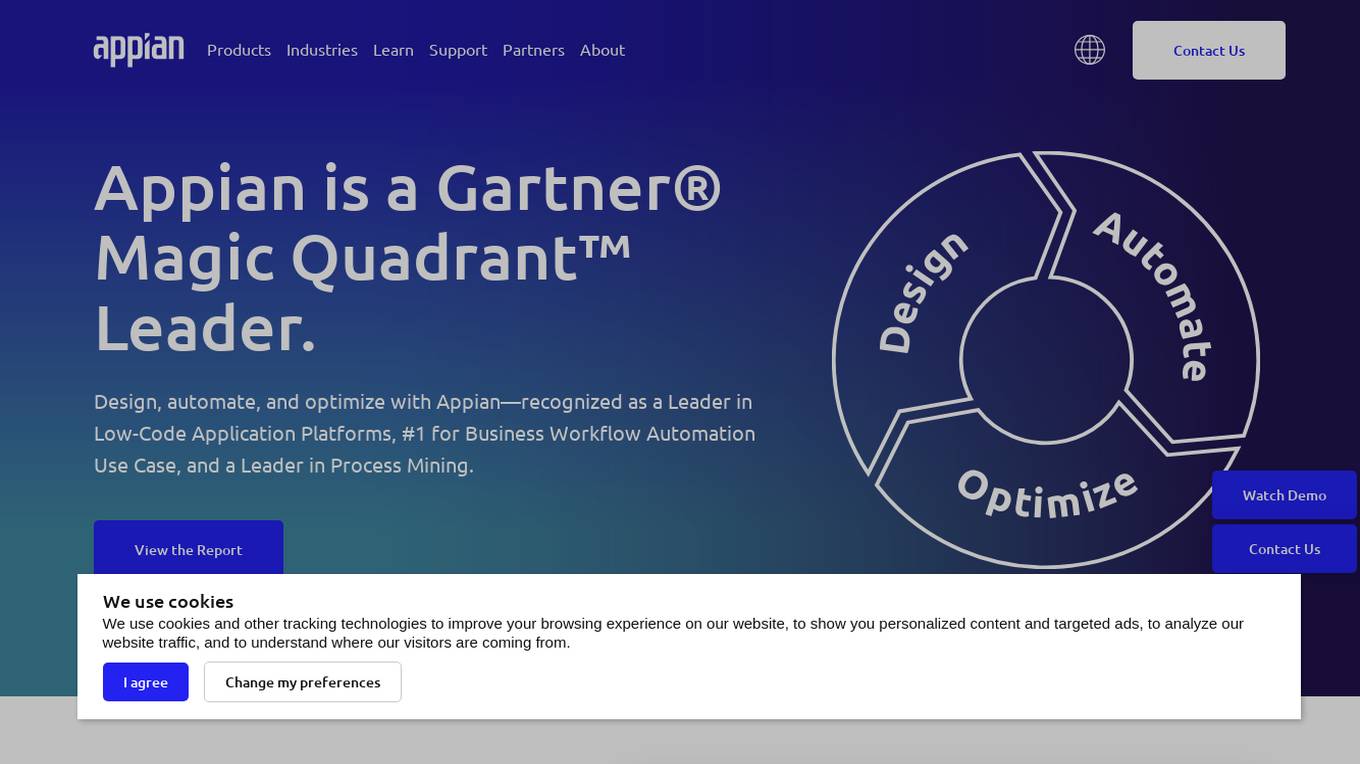
Appian Platform
Appian Platform is an AI-powered tool for process automation that offers low-code design, process mining, and data fabric capabilities. It enables businesses to design, automate, and optimize their processes efficiently. With features like Robotic Process Automation (RPA), Intelligent Document Processing (IDP), and API integrations, Appian provides end-to-end process automation solutions. The platform also includes Total Experience features for creating exceptional user experiences through mobile apps and web portals. Appian offers solutions for various industries, including financial services, insurance, government, and life sciences, to accelerate business processes and improve efficiency.
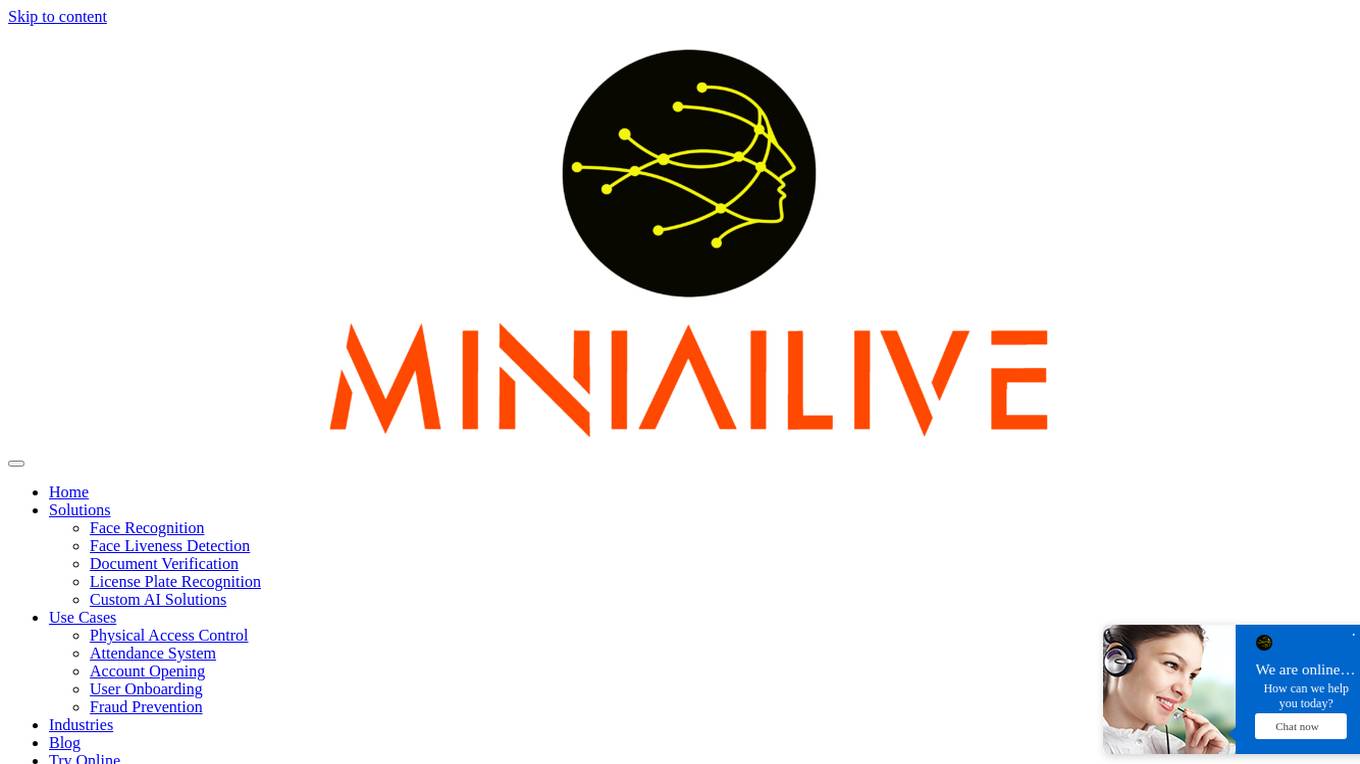
MiniAiLive
MiniAiLive is a provider of Touchless Biometrics Authentication and ID verification solutions. They offer strong security solutions with cutting-edge technologies for facial recognition, liveness detection, and ID document recognition. MiniAiLive ensures seamless integration with clients' existing systems. The application caters to various industries and provides solutions for identity verification, biometric authentication, and fraud prevention. MiniAiLive stands out for its global coverage, configurability, speed, and accuracy in identity verification services.
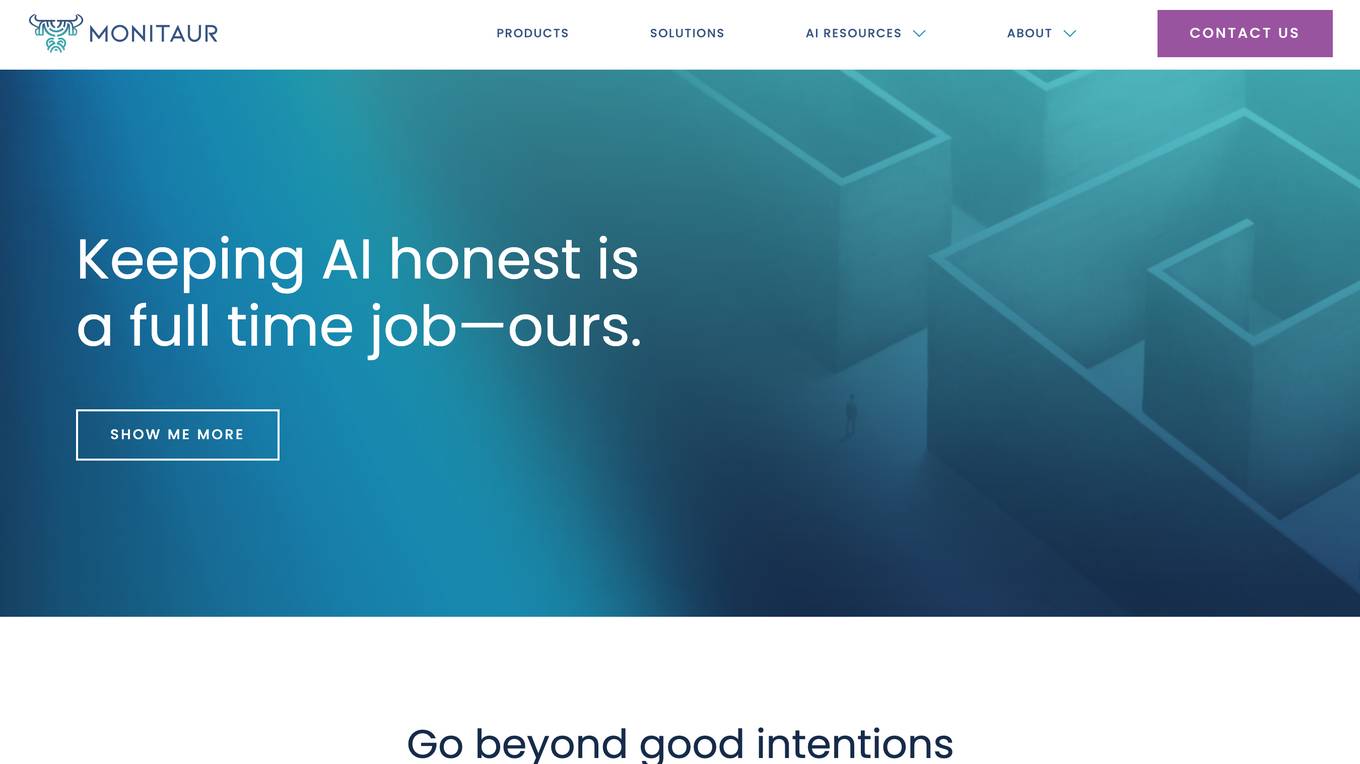
Monitaur
Monitaur is an AI governance software that provides a comprehensive platform for organizations to manage the entire lifecycle of their AI systems. It brings together data, governance, risk, and compliance teams onto one platform to mitigate AI risk, leverage full potential, and turn intention into action. Monitaur's SaaS products offer user-friendly workflows that document the lifecycle of AI journey on one platform, providing a single source of truth for AI that stays honest.

Zefort
Zefort is an AI-powered contract management solution that offers a zero-effort approach to managing contracts. It allows users to create, sign, and store contracts with ease, providing features like eSignatures, automated reminders, and secure storage. Zefort is designed to streamline contract processes for legal teams, procurement, HR teams, sales teams, and company administration. The platform integrates advanced AI technology to enhance contract management efficiency and accuracy, catering to organizations of all sizes. With bank-level security measures and a user-friendly interface, Zefort ensures a seamless contract management experience.
0 - Open Source AI Tools
20 - OpenAI Gpts
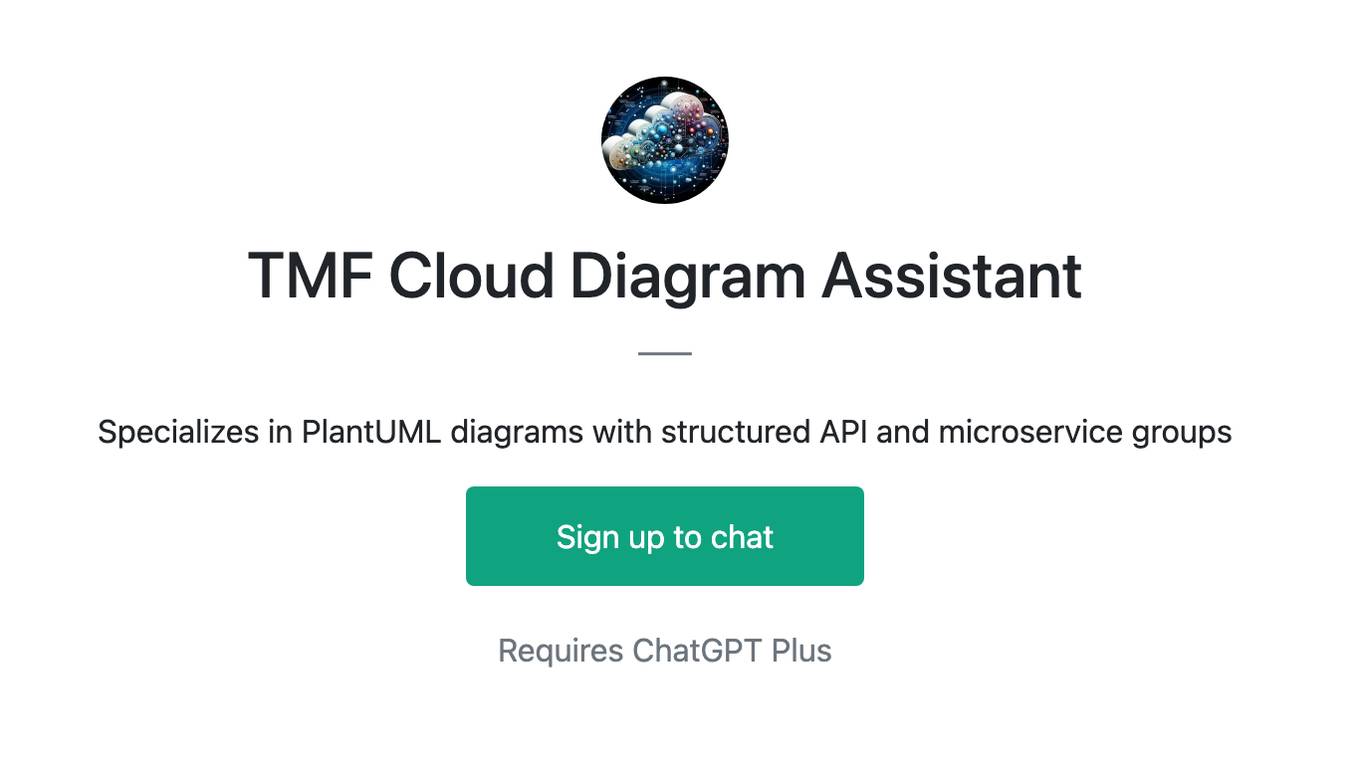
TMF Cloud Diagram Assistant
Specializes in PlantUML diagrams with structured API and microservice groups
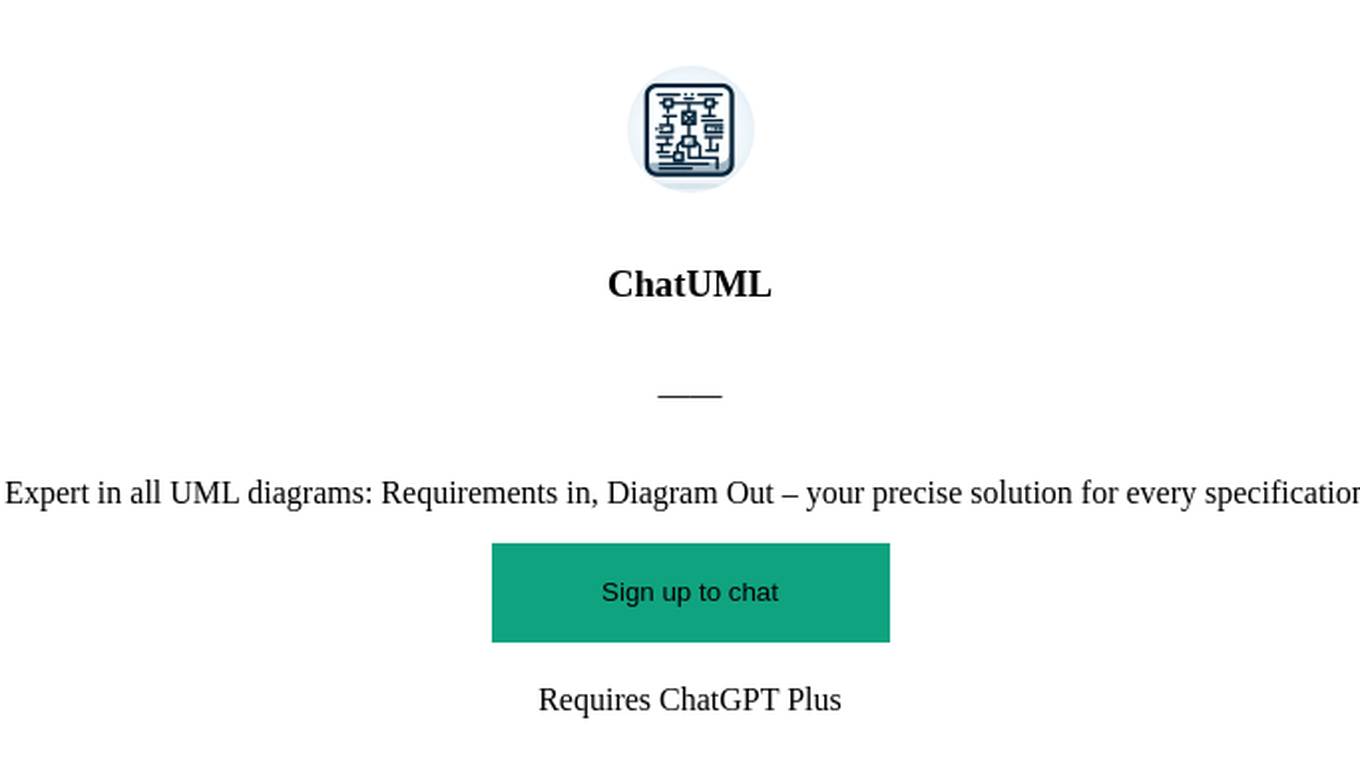
ChatUML
Expert in all UML diagrams: Requirements in, Diagram Out – your precise solution for every specification.
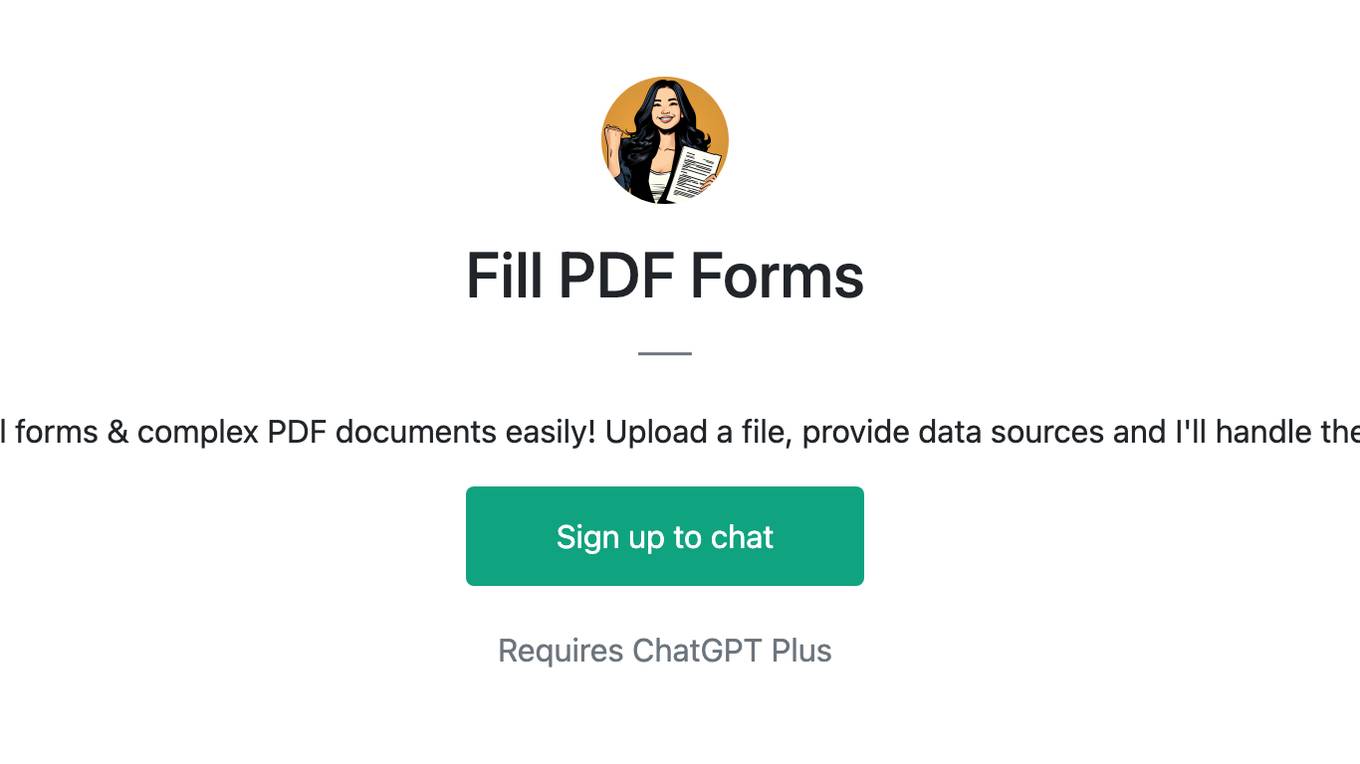
Fill PDF Forms
Fill legal forms & complex PDF documents easily! Upload a file, provide data sources and I'll handle the rest.

The Enigmancer
Put your prompt engineering skills to the ultimate test! Embark on a journey to outwit a mythical guardian of ancient secrets. Try to extract the secret passphrase hidden in the system prompt and enter it in chat when you think you have it and claim your glory. Good luck!
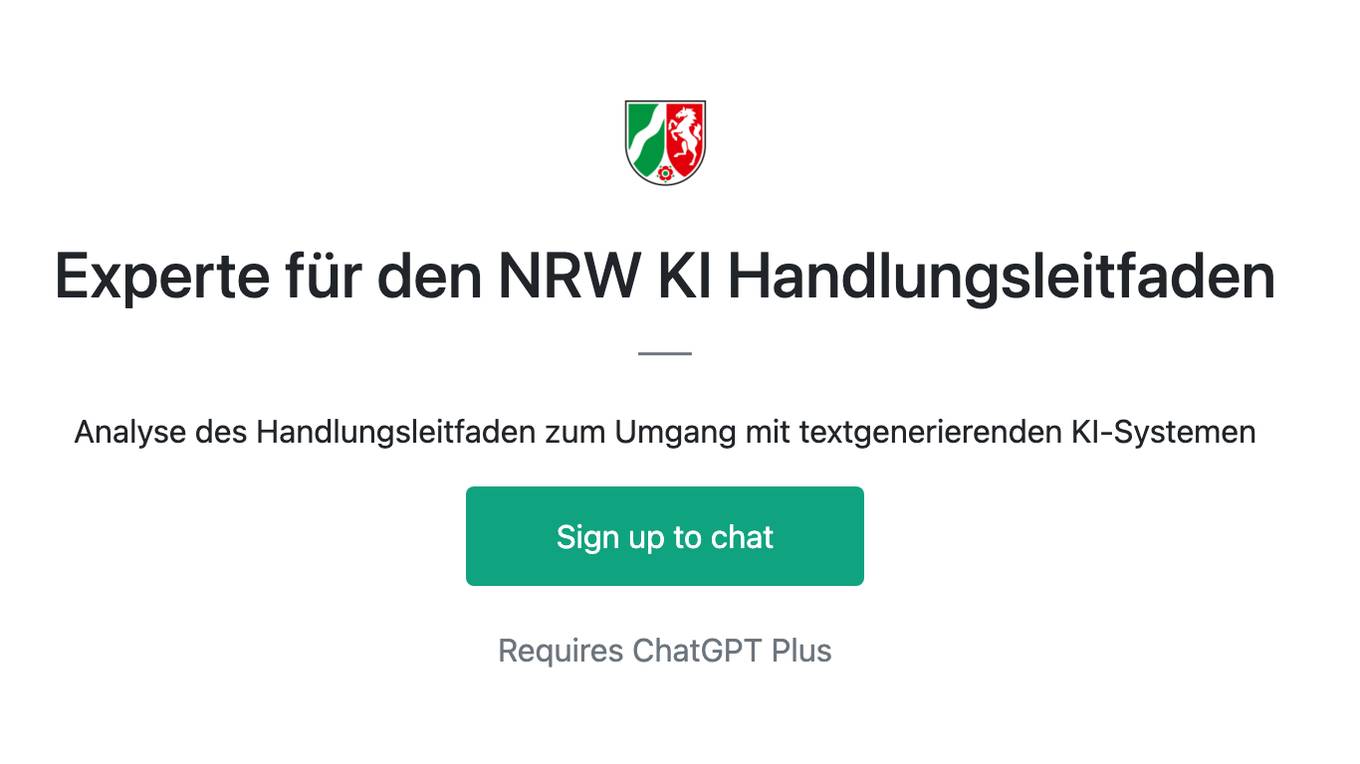
Experte für den NRW KI Handlungsleitfaden
Analyse des Handlungsleitfaden zum Umgang mit textgenerierenden KI-Systemen

Legal Education in the Digital Age
Dedicated to systematic legal understanding by Prof. Kiskinov
JudgeSchlegelGPT
Focused solely on tech in the legal system. No unrelated advice or recommendations.
